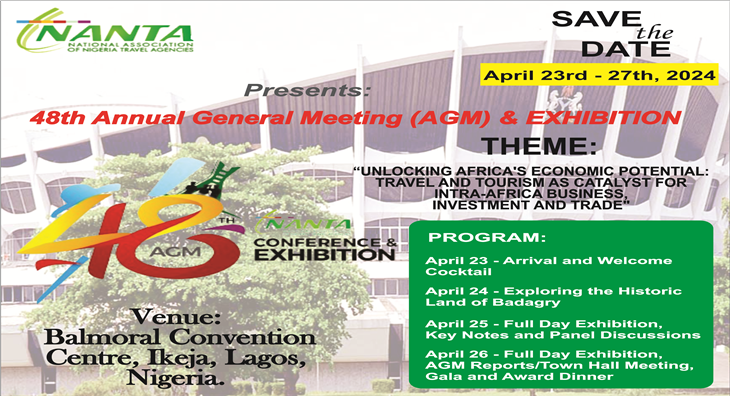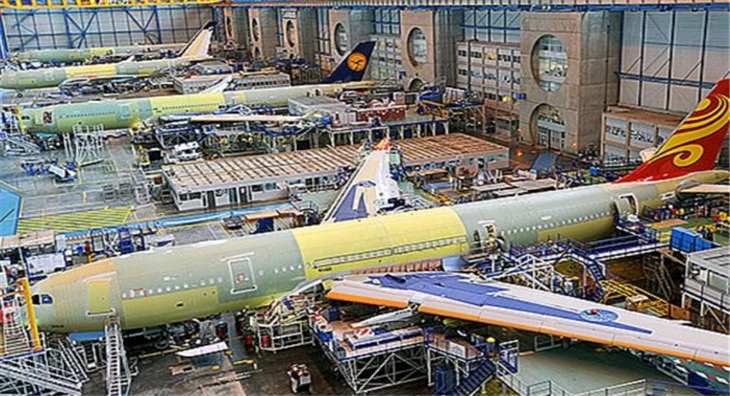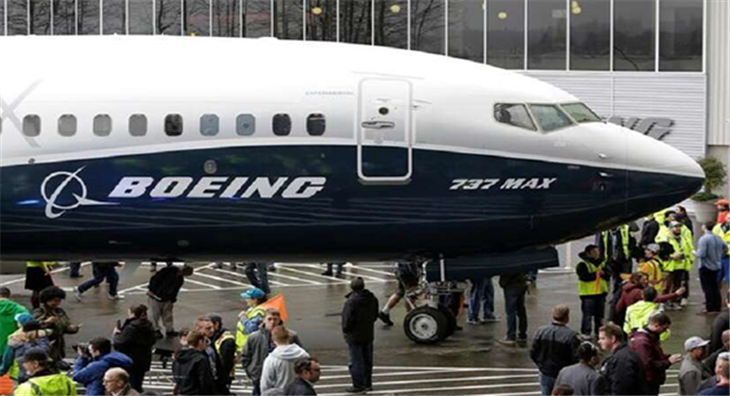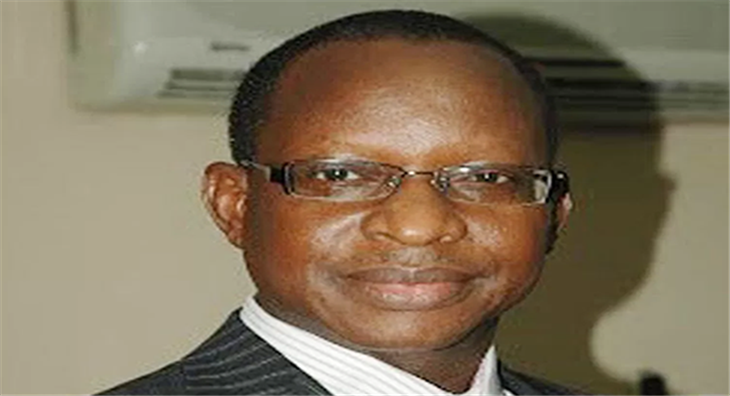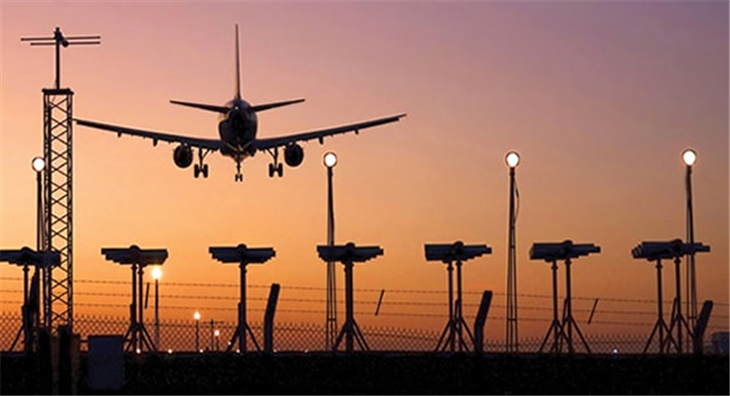
Amid alleged poor Nigeria Air handling, national carrier debate lingers
One issue that has dominated national discourse in the past month is Nigeria Air and whether or not Nigeria needs a national airline; the debate that reverberates, write, WOLE SHADARE
The big debate
The debate for a national carrier for Nigeria will never go away depending on the side or position one takes. It is a position of naysayers and optimists. It is the most contentious debate that no one will ever win until the Federal Government matches its words with action.
Each time a discussion on the topic pops up, friends tear each other up on the need or otherwise of the project.

The debate for a national airline would not have happened if Nigeria Airways was allowed to flourish despite its many challenges that led to a hurried liquidation of the airline by former President Olusegun Obasanjo in 2003 in a most brazen manner.
Nigerian airlines weaknesses
The debate for a national carrier would not have been necessary had existing airlines like Air Peace, Max Air, and others covered themselves in glory by not stopping operations to lucrative routes like London, Dubai, New York, and others shortly after they are designated on the routes. The national carrier question would not have cropped perhaps if the airlines had remained on the lucrative routes and offered quality service to the people.
Agreed that competing with mega European, Middle East and American carriers can be herculean, the carriers had performed abysmally poor with many of the routes that had been granted to them with epileptic services that had on so many occasions become a source of embarrassment to the country.
The horrible state of the country’s airlines led to the Federal Government tinkering with the idea of floating a public sector-driven airline. For eight years, the last administration of former President Muhammadu Buhari worked on the project which processes with the Nigerian Civil Aviation Authority (NCAA) are at stage one.
Eye of the Storm
The former Minister of Aviation, Hadi Sirika who has been in the eyes of the storm lately over Nigeria Air had pushed for the realization of the project. Africa’s largest airline Ethiopian Airlines which is the technical partner in the airlines has a 49 percent stake while other Nigerian firms and the Federal Government hold 51% shares in the carrier.
Sirika who superintended or midwife the project in conjunction with the Infrastructure Concession Regulatory Commission (ICRC) had been accused of fraud.
But Sirika while giving his stewardship in the Nigeria Air project stated that the allusion of fraud was only in the head of people who alleged that N85billion had been spent on a ‘bogus’ project and challenged them to a debate, maintaining that only about N3 billion had been spent on the project since 2016 when the projected started.
Sabotage
The ex-Minister alleged sabotage by some key industry players in the entire project, particularly some airlines under the aegis of Airline Operators of Nigeria (AON) who rushed to court to seek an injunction to stop the airline at all costs.
Many are unaware of the undercurrent of the action of the airlines. Their action is not altruistic but one in the disguise of patriotism when in actual fact, they were united to scuttle the project alleging that Ethiopian Airlines, the strategic partner in the new airline had been given 15 years of tax exemption which Sirika debunked in his well-televised interview penultimate week.
The allegation that Sirika did not invite them to have a stake in the new airline has equally been dismissed as nonsense by the ex-minister who had on several occasions chided the airlines for rejecting his offer to own stakes in the new airline. One thing is certain, no matter how beautiful the offer to the airlines might be to partners in Nigeria Air, the ex-Minister would only be wasting his time and energy.

Stiff opposition
The existing Nigerian airlines had from day one opposed to it not because it was a bad idea to have a national carrier but because they were of the view that they would totally lose out and find it extremely difficult to compete with an Ethiopian Airlines-backed national airline for Nigeria. They had also queried the process that threw up Africa’s biggest airline as a strategic investor.
Many of the country’s airlines are too small and fragmented and collectively are too weak to compete with some of the weakest airlines in Europe.
While the naysayers may have a point on why Nigeria should not float a national carrier, there are still sound reasons why Nigeria should float one. Most of the reasons canvassed against its creation are rooted in the failures of defunct Nigeria Airways.
Nigeria Airways was liquidated in 2003 for many reasons, including mismanagement, corruption, and the spate of plane crashes from the 80s.
Since the disappearance of the national carrier from the aviation space, Nigeria has suffered a loss of around $2 billion in capital flight.
Despite this, those against the creation of a new national carrier believe that it is not a logical step for the aviation industry in Nigeria.

They propose an alternative, which is opening up Nigeria’s airspace for more direct and frequent flights to and from African cities. They say this has the potential to boost the economy by $128 million and create over 17,000 jobs.
The loss of $2 billion in capital flight is further exacerbated by the domination of the Nigerian aviation space by foreign airlines and the weakness of local insurance companies to effectively handle issues of aviation insurance. If the proposed alternative is adopted; this capital flight could double, as this will lead to more foreign participation in the sector.
Appraisal of Sirika’s stewardship
The Ex-Minister’s track record may have been glossed over because of the cacophony of Nigeria Air. Sirika had his foibles. Nothing justifies the absence of Boards for the various agencies in the aviation industry.
However, the appointment or dissolution of the Board is the prerogative of the President and had nothing to do with a serving Minister even though, it can be adduced that the Minister or any other Ministers may not have wanted it because of the huge freedom it allows them to have firm control of the agencies under their Ministry.
Diagnosis
On assumption of duty in November 2015 the Ministry of Aviation took a diagnostic review of the sector. The diagnostic review identified the following challenges such as inadequate safety, security, and surveillance equipment, decaying/aging infrastructure, and obsolete equipment, a large number of unemployed trained professional Nigerian Aviators, high debt profile of domestic airlines operators, and aging and over-bloated work, difficulties in accessing foreign exchange by operators.
Others were poor and intolerable conditions of airport facilities and equipment (long waiting and check-in times, time–consuming security screening and baggage pickups), high cost of funds and shrinking capital market, rising price and scarcity of Jet A1 (Aviation Fuel), import duties on aircraft engine and spares among other issues.
Roadmap development
Sequel to the diagnostic analysis, a comprehensive Roadmap was developed, which was presented to stakeholders during the first meeting on May 16, 2016.
Components of the aviation road maps are the establishment of a National Carrier, the development of Agro-Allied /Cargo Terminals, the establishment of a Maintenance, Repairs, and Overhaul (MRO) Centre, the establishment of an Aviation Leasing Company (ALC), the development of an Aerotropolis (Airport Cities), establishment of an Aerospace University, Concession of five International Airports (Abuja, Lagos, Enugu, Kano, and Port Harcourt).
Others are the designation of five International Airports as Special Economic Zones, the formulation of a Policy on Remotely Piloted Aircraft, and the upgrade of AIB to a Multi-modal Accident Investigation Agency – National Safety Investigation Bureau (NSIB).
Former President Muhammadu Buhari approved the designation of the four International Airports as Special Economic Zones on May 17th, 2021.
All airports are planned by the Federal Government to be designated as Special Economic Zones in order to encourage businesses/Investments.

The Ministry of Aviation under Hadi Sirika performed exceptionally in the effective management of the aviation industry during the COVID-19 pandemic.
Nigeria was recognized by ICAO for the management of flight crew targeted exemptions & rewarded with the IPack on Aviation Safety Risk Management (ASRM).
The aviation regulatory body received two free IPacks awards from ICAO on Aviation Safety Risk Management (ASRM) & USOAP CMA in recognition of Nigeria’s contributions to Safety Oversight- during the COVID-19 restart & recovery phase of the Aviation Industry.
In the area of air navigation, no administration in Nigeria has achieved the milestones in terms of the acquisition and deployment of navigational facilities that the one Sirika served.
The International Civil Aviation Organisation (ICAO) mandated the implementation of satellite navigation (Performance Based Navigation) as an alternative to Ground Based Navigation in order to enhance the accuracy, integrity, availability, as well as safety, and efficiency of air navigation.
Raising navigational standards
Nigeria in line with this global initiative commenced the implementation of Performance Based Navigation at all Nigerian airports for all phases of flights.
Preparatory to the implementation of PBN, NAMA embarked on the conduct of World Geodetic System 84 (WGS 84 Survey) for all Nigerian airports.
PBN provides direct routes between two or more locations without reference to ground-based navigational equipment.
Benefits of the Performance Based Navigation Project include reduced flight delays and flight times, reduced fuel consumption, reduced CO2 emissions, reduced Pilot and Air Traffic Control workload, enhanced safety and efficiency of flight operations, continuous Climb and Continuous Descent operations, etc.
NAMA has since 2015, implemented performance-based navigation for almost all Nigerian airports whether Federal, State, Private, or Military.

NAMA in collaboration with the International Civil Aviation Organisation has implemented several PBN Regional Routes for increased connectivity between various destinations across Africa
The agency has implemented Performance Based Navigation (PBN) RNAV approaches in 32 airports including all international airports.
NAMA has also implemented PBN with vertical guidance (BARO VNAV) at Lagos, Abuja, and Kano, while Port Harcourt and Enugu are ongoing.
NAMA has implemented PBN SIDs and STARs at Lagos, Abuja, Kano, and Port Harcourt, implemented 15 PBN RNAV 10 ATS Routes, and four PBN RNP10/RNAV5 ATS Routes.
NAMA is currently deploying Surface Movement Radar and Ground Control Systems at Lagos and Abuja was expected to be completed by the first quarter of 2023.
The system is intended to enhance ATM capacity by providing the facility for monitoring and control of aircraft and vehicular surface movements at Lagos and Abuja.
In preparation for projected growth in traffic volumes as currently being experienced with the increased passenger traffic, increased number of new airports, etc, the agency is embarking on the Optimisation of Surveillance and Air Traffic Control Project with the aim of expanding the Air Traffic Management capacity to accommodate the expected increase in traffic.
The Federal Executive Council mandated the Ministry of Aviation to carry out far-reaching reforms through an agreed “Aviation Road-map”.
The road map contains projects like the construction of new international terminal buildings in Murtala Mohammed International Airport, Lagos, Nnamdi Azikiwe International Airport, Abuja, Mallam Aminu Kano International Airport, Kano, Port-Harcourt International Airport, Omagwa and Akanu Ibiam International Airport, Enugu.
FAAN has ongoing works in the construction of 14 cargo terminals and cargo management facilities put in place for all other Airports.

Abuja Airport runway ‘ninth wonder’
One of the most enduring achievements of the immediate past Minister of Aviation was the manner he spearheaded the reconstruction of the Abuja international airport runway which was a death trap and one that defied every known solution by the administration before it.
Last line
Call it the ninth wonder of the world, you won’t be far from it. The runway was reconstructed in less than three months, thereby putting an end to the threat by international airlines to quit Abuja airport because of the enormous damage the pothole-riddled runway caused to their aircraft.
- Tags:
- #Bombay
- #Australiya
- #Canada
Popular Post
-

-
TRAVEL TRADE SHOW
By - Admin
-

-
Indaba short flicks
By - Admin
-

-
WTM Day 1 UPDATE:
By - Admin
-

-
NANTA 48TH AGM :
By - Admin
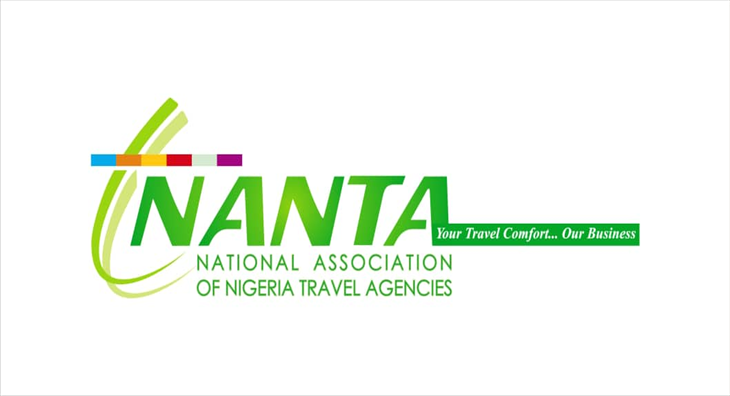


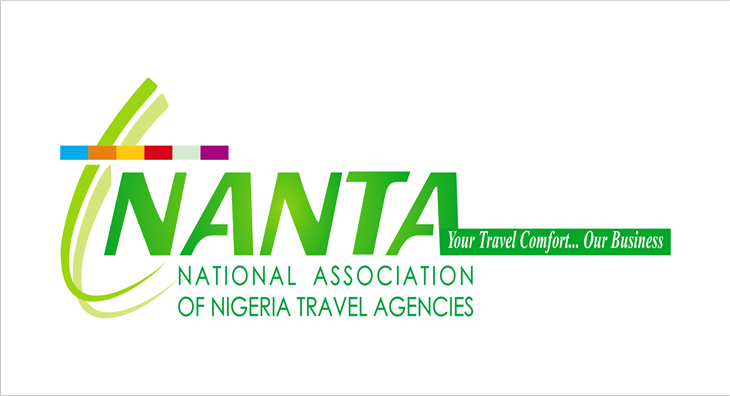
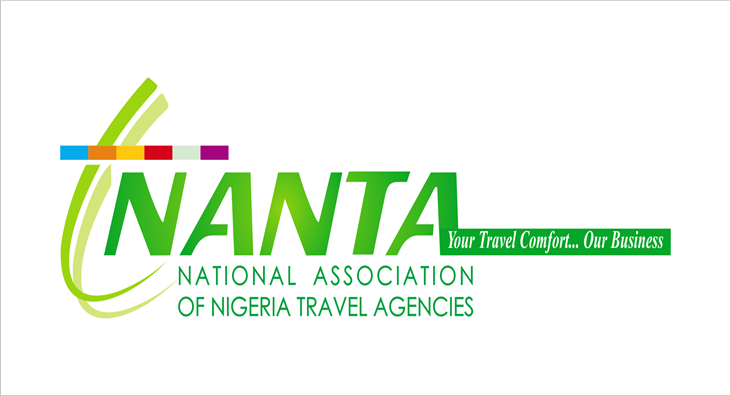
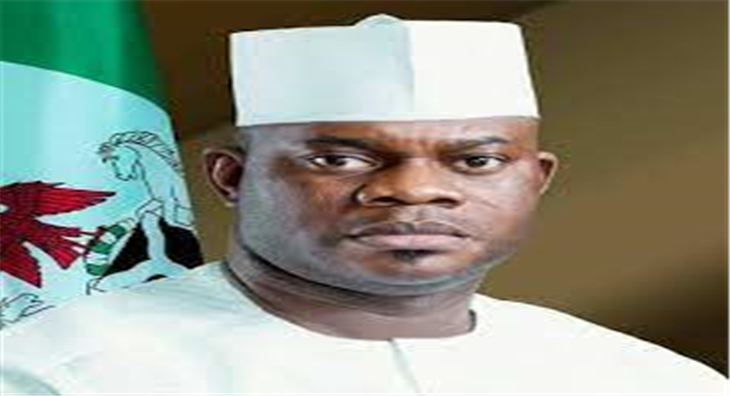

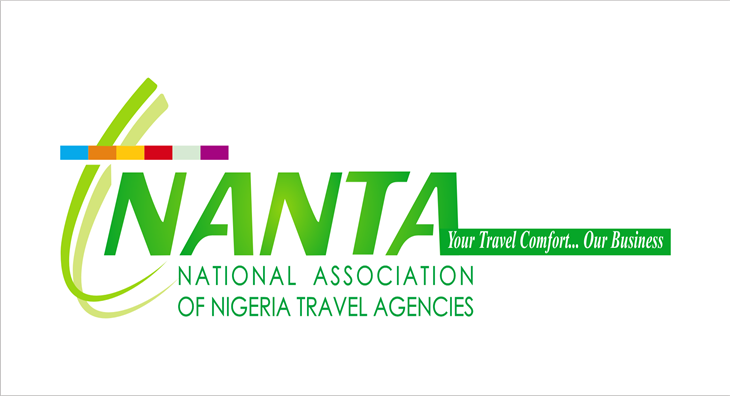



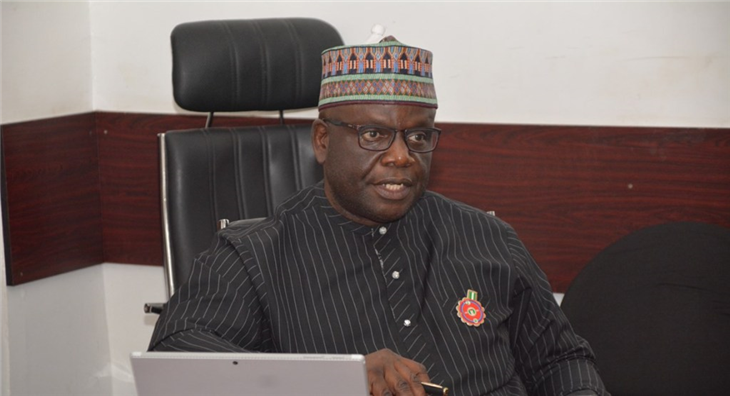
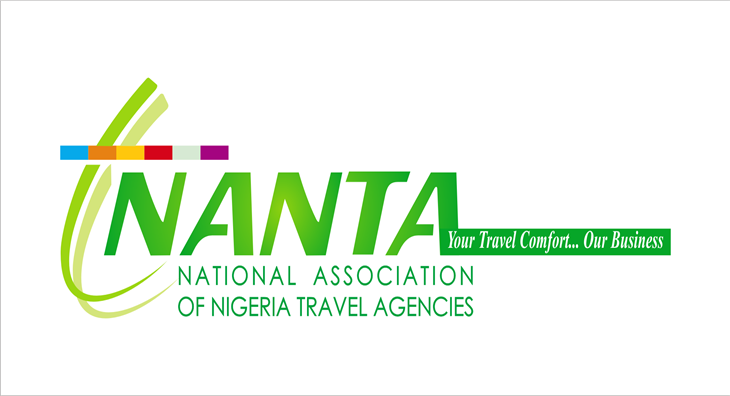


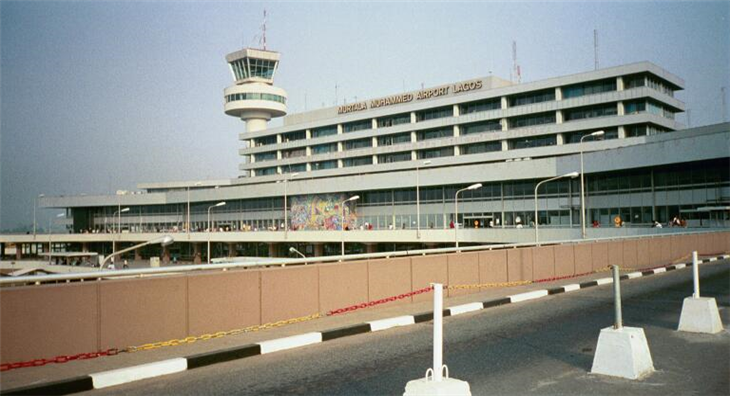

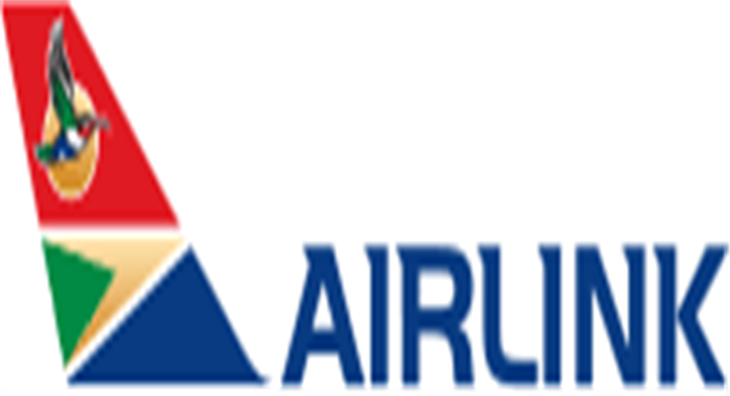

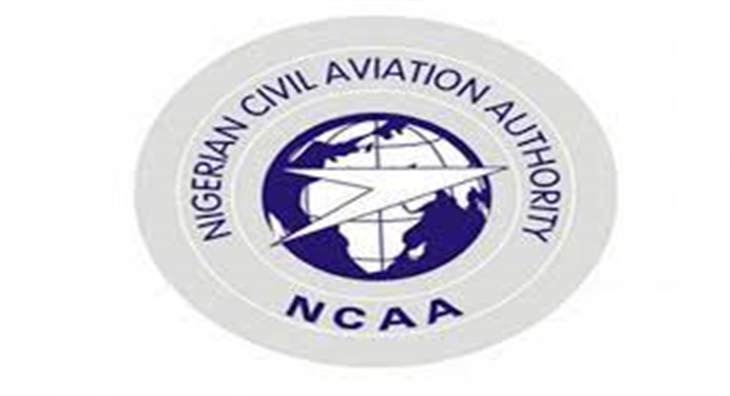
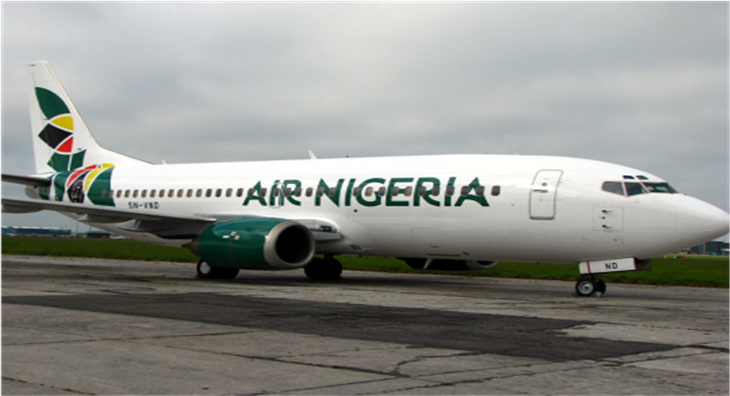

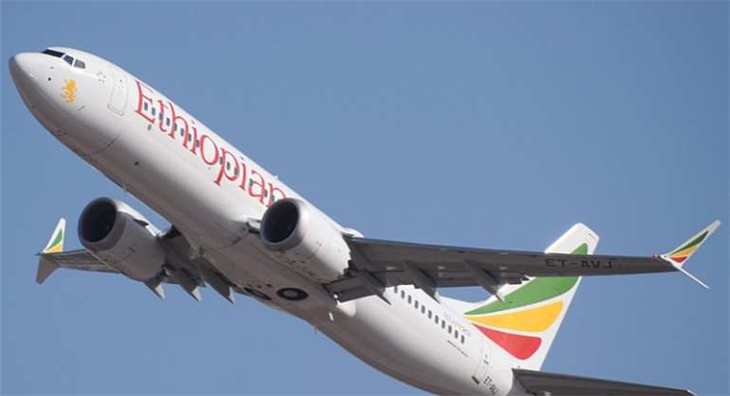
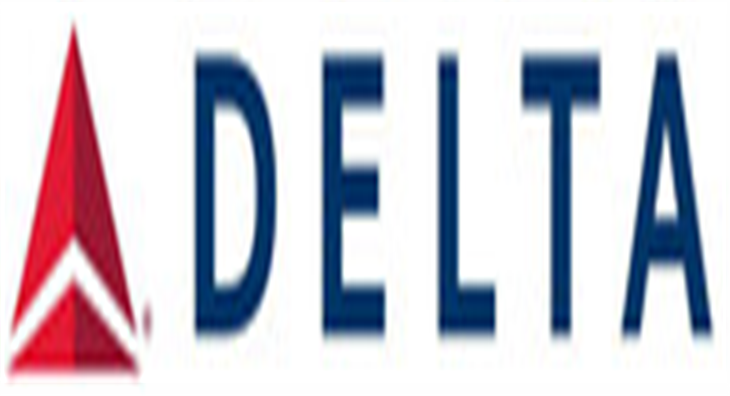




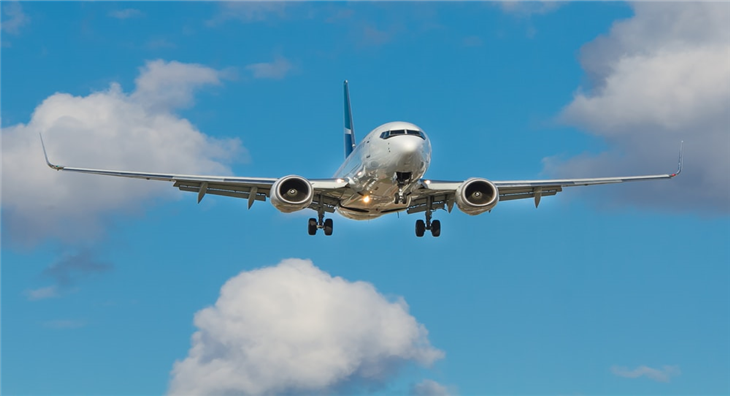

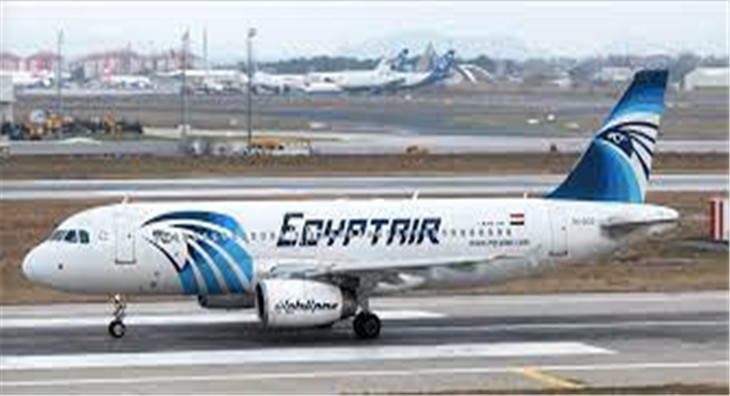
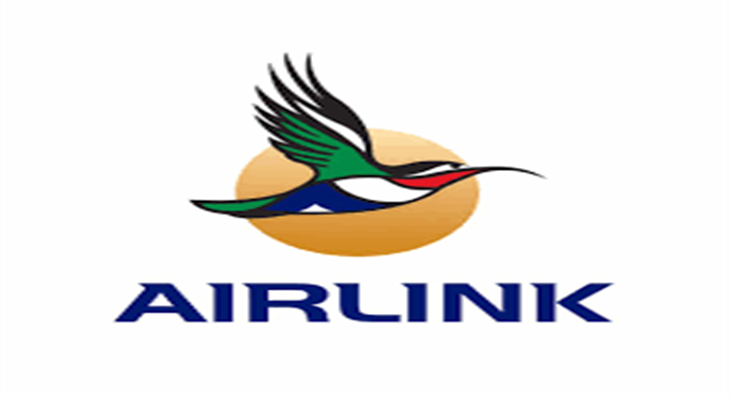
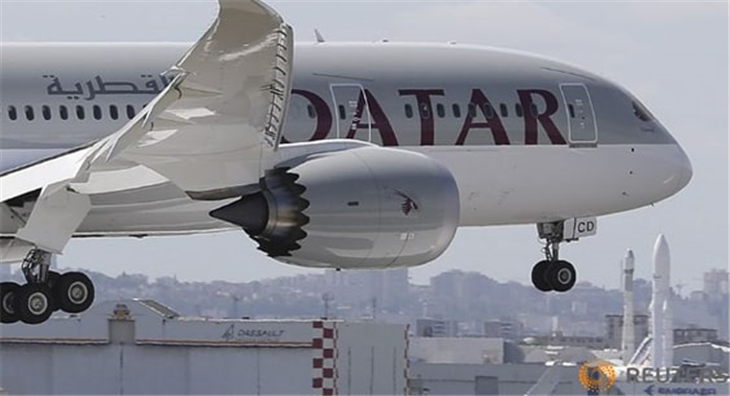

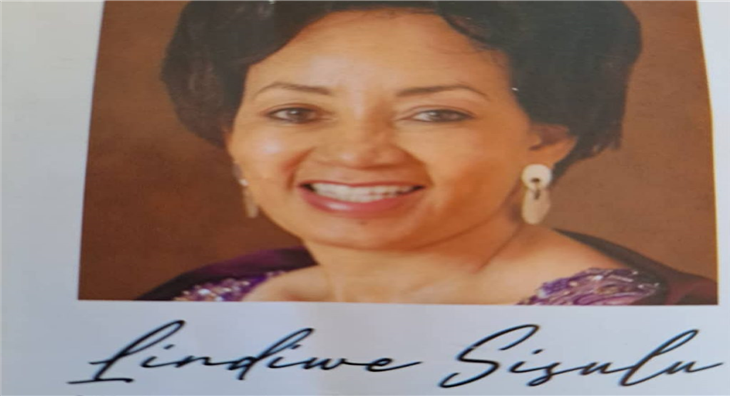


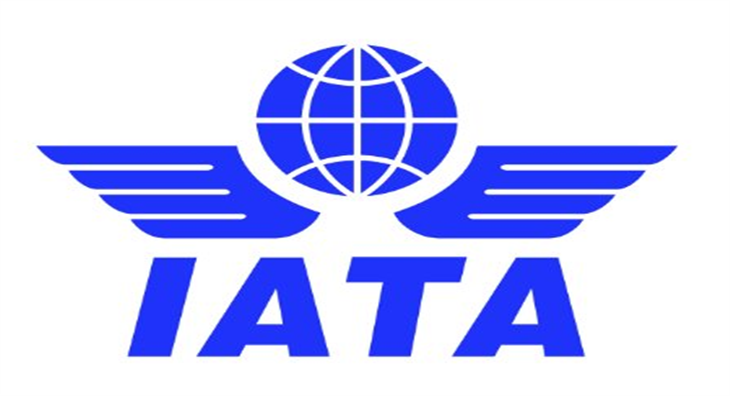
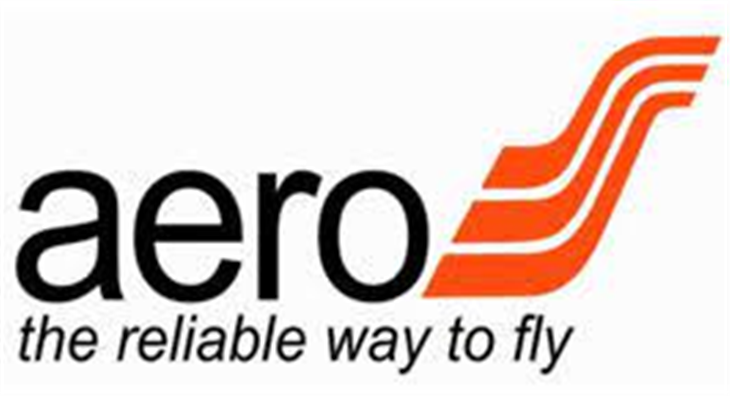
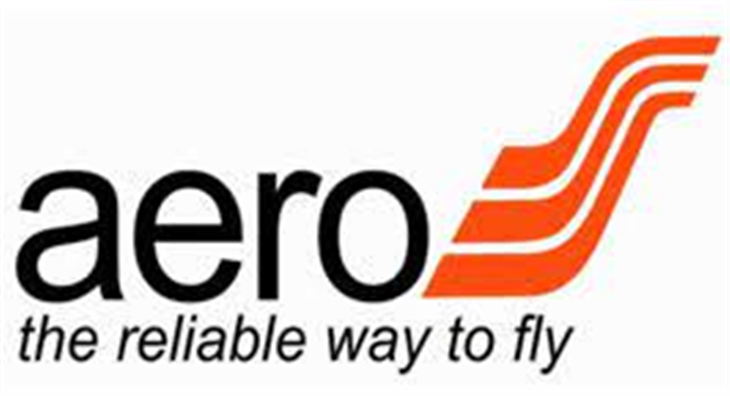




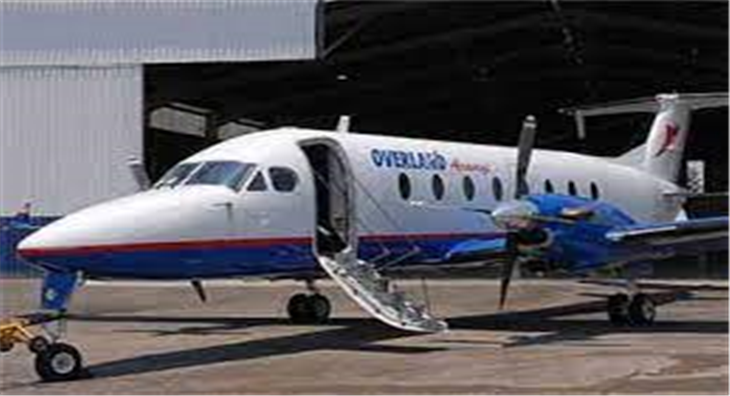
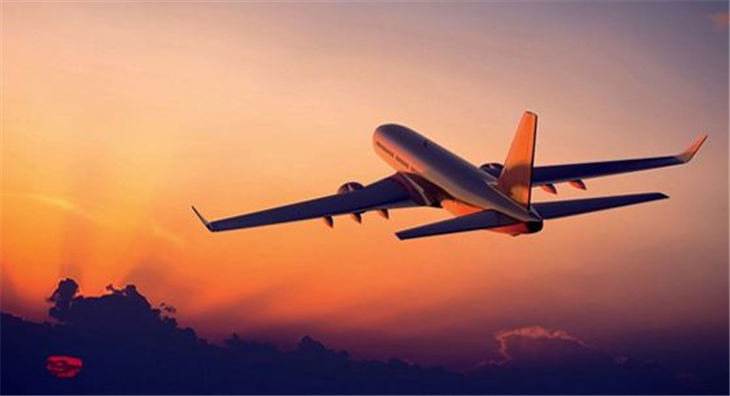



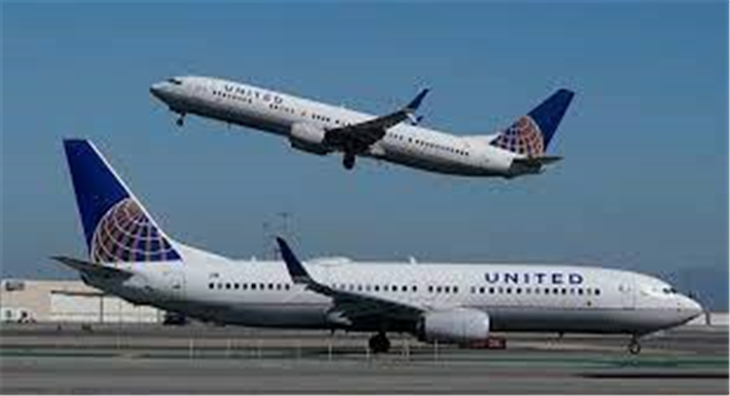
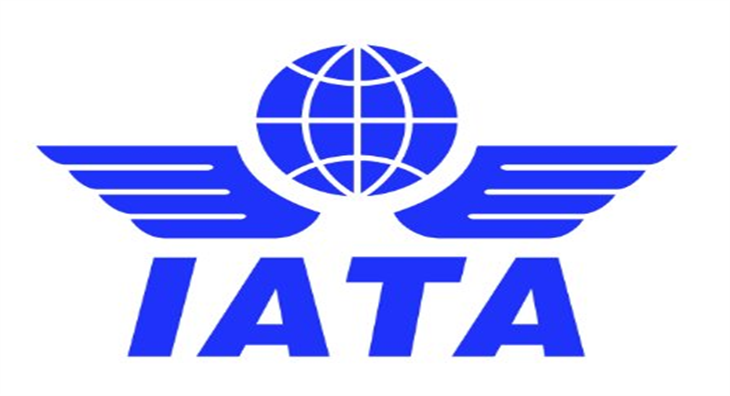


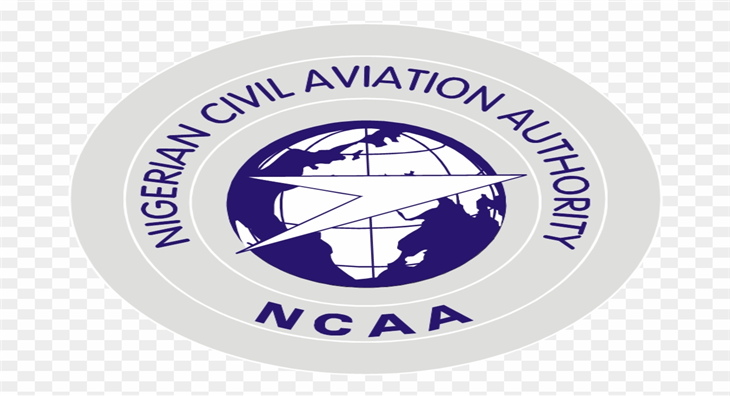

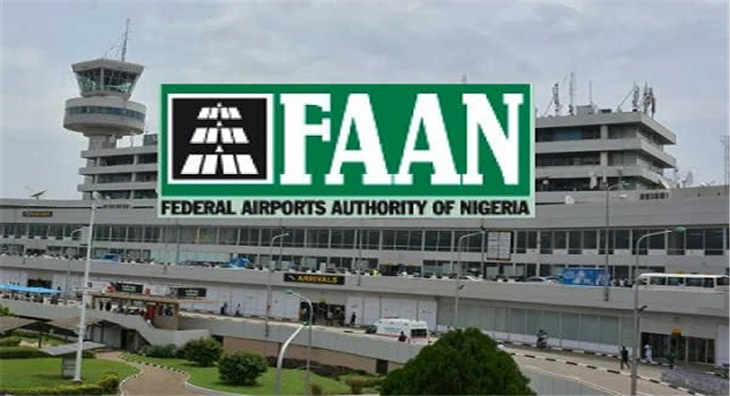

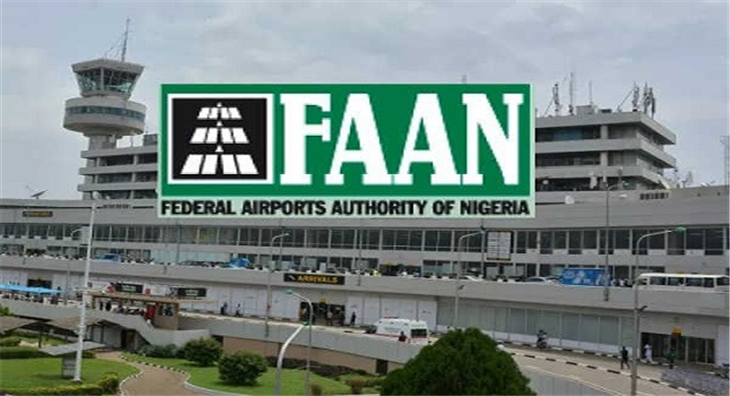

.jpg)
.jpg)
.jpg)
.jpg)
.jpg)
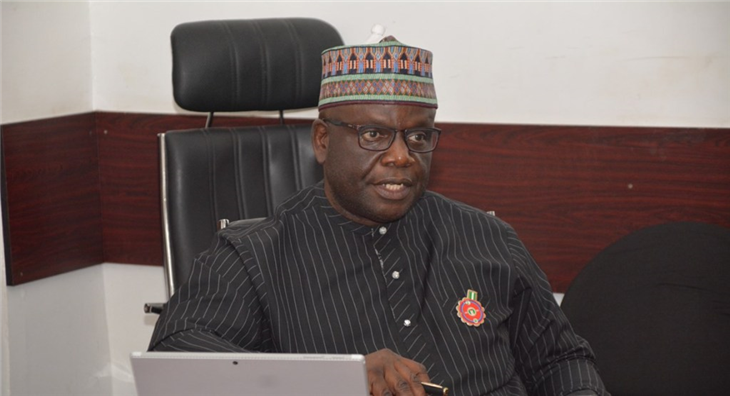
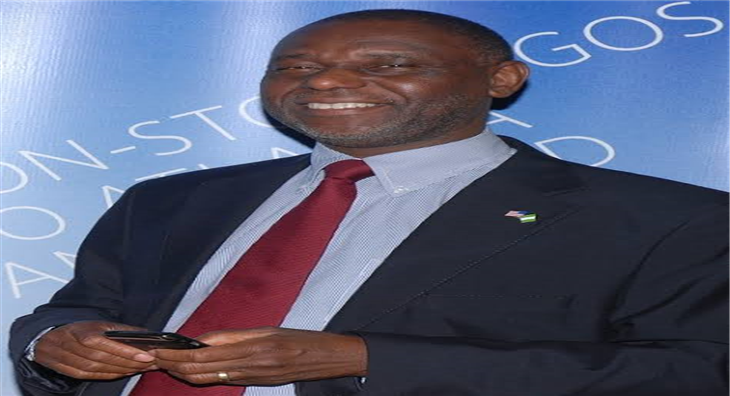



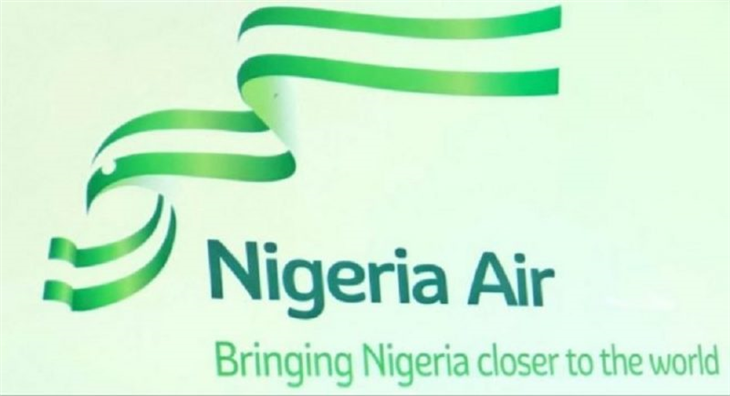





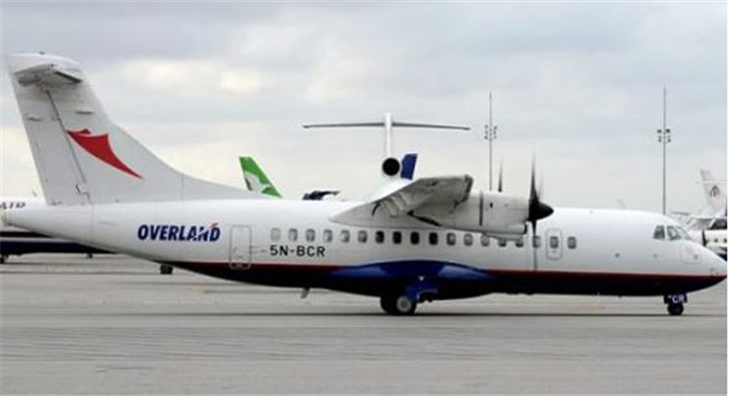
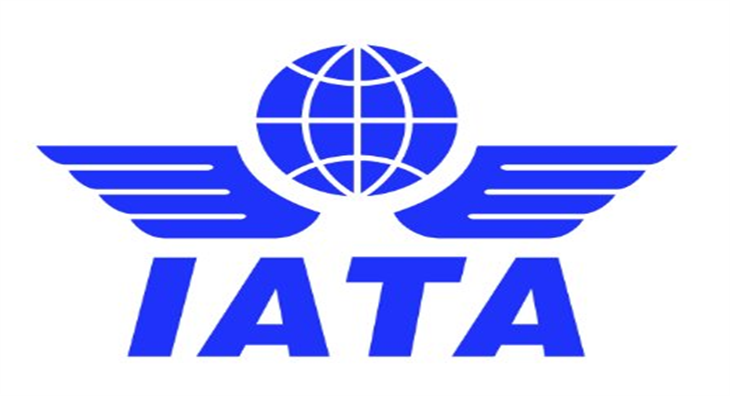
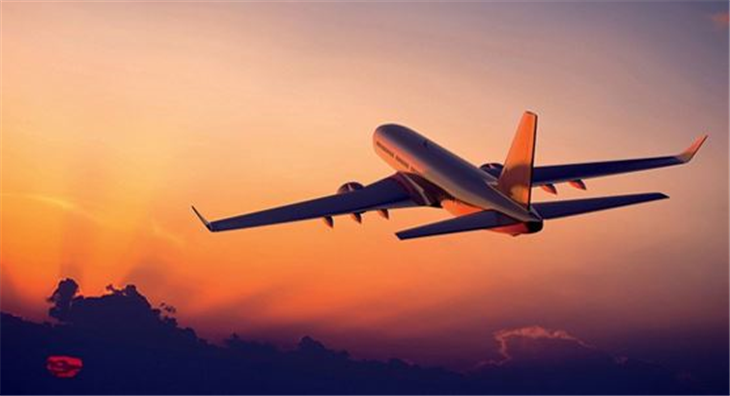

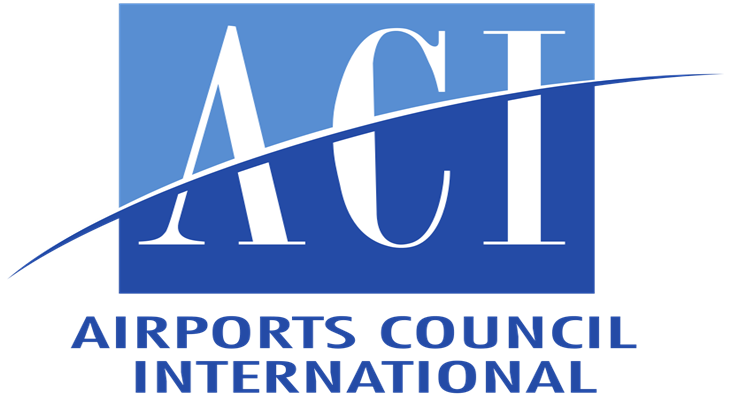


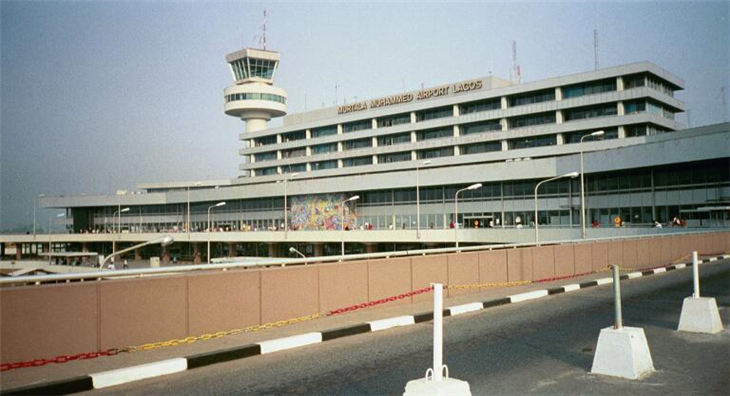
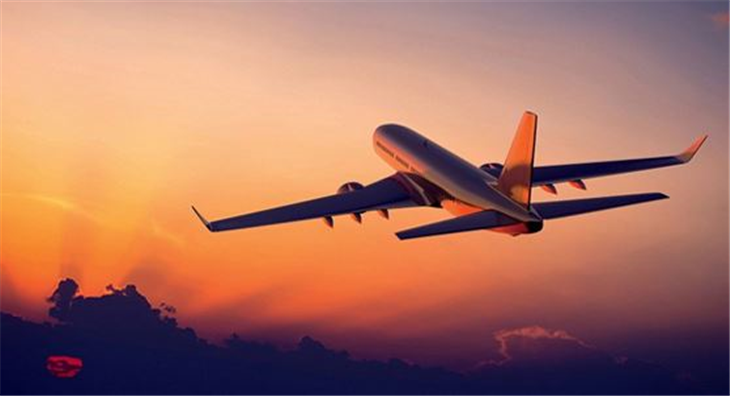



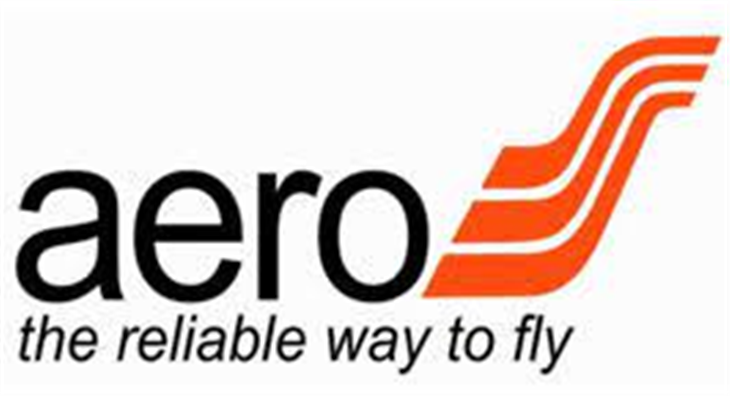

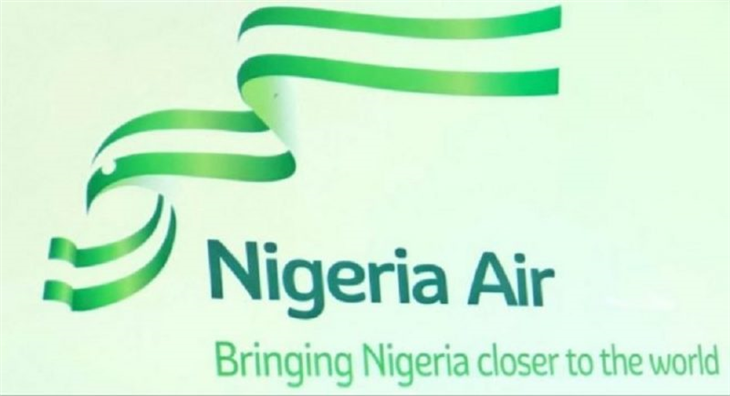
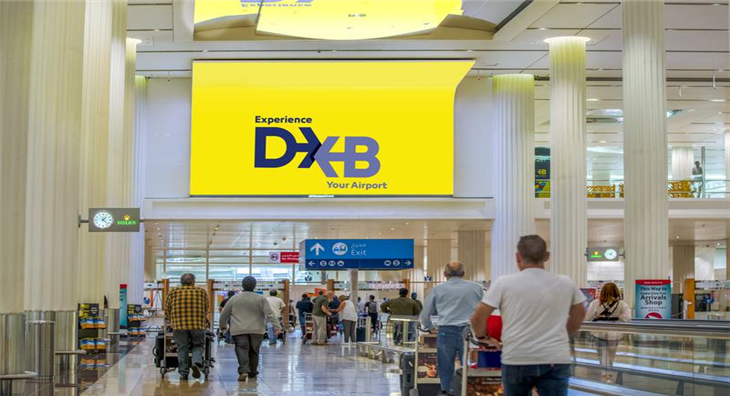
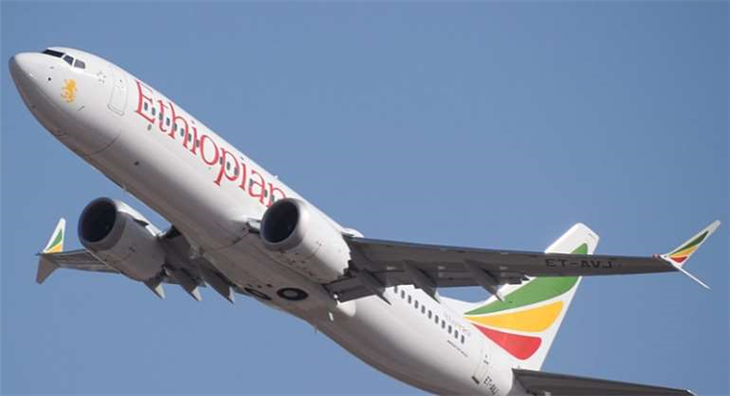
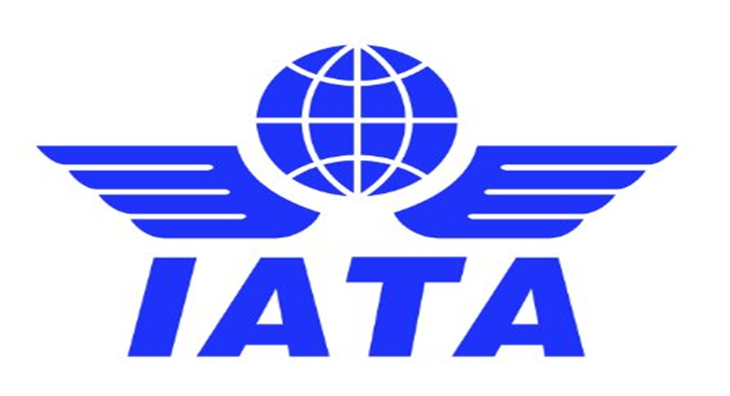
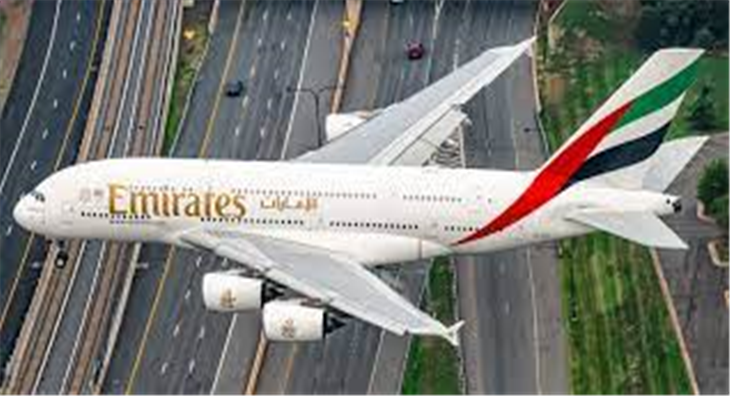


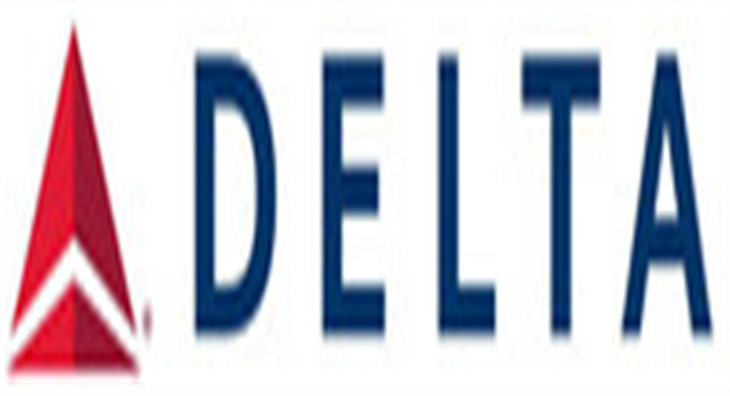
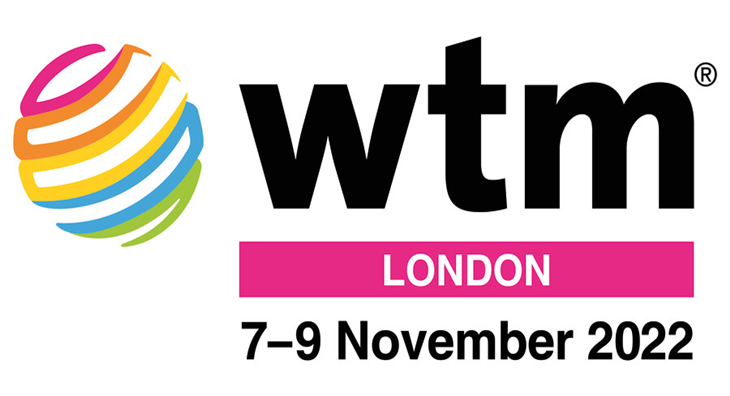
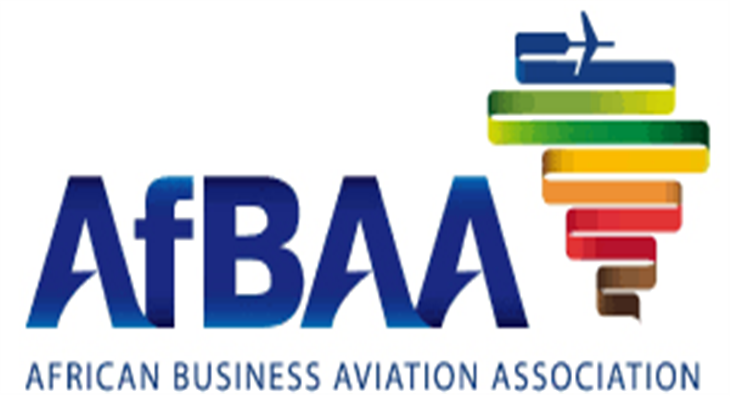

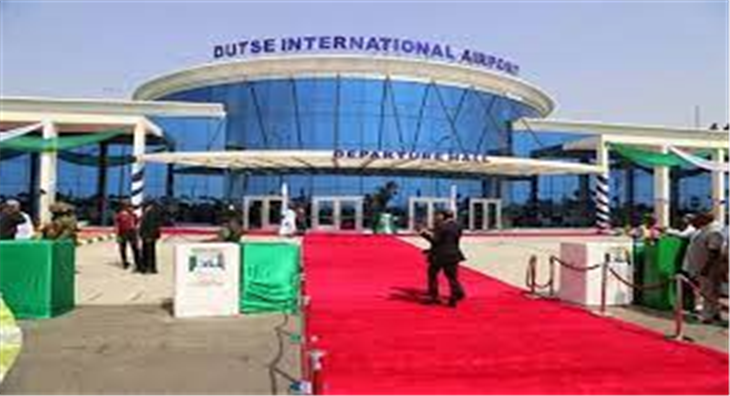


.jpeg)
.jpg)
.jpg)
.jpg)
.jpg)
.jpg)
.jpg)
.jpg)
.jpg)
.jpg)
.jpg)
.jpg)
.jpg)
.jpg)
.jpg)
.jpg)
.jpg)
.jpg)
.jpg)
.jpg)
.jpg)
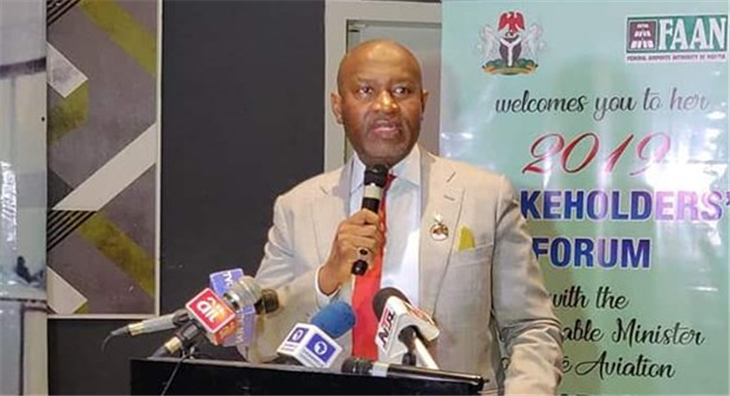

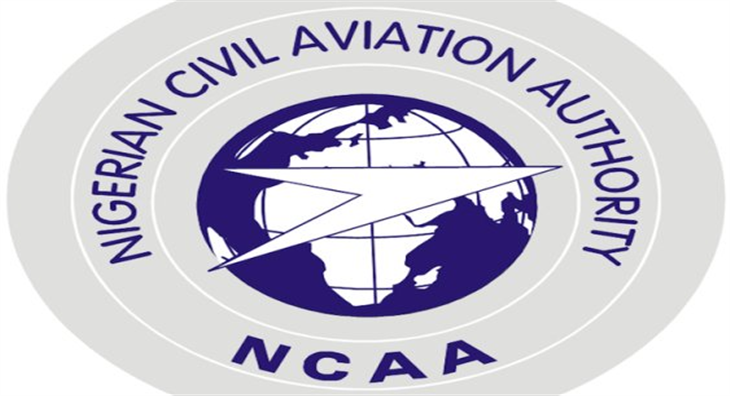

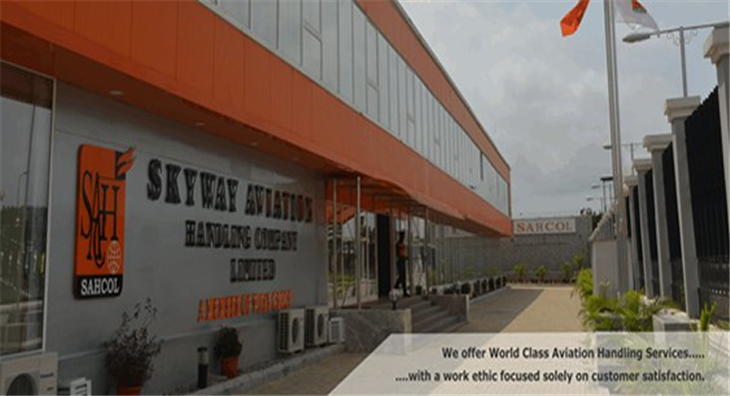
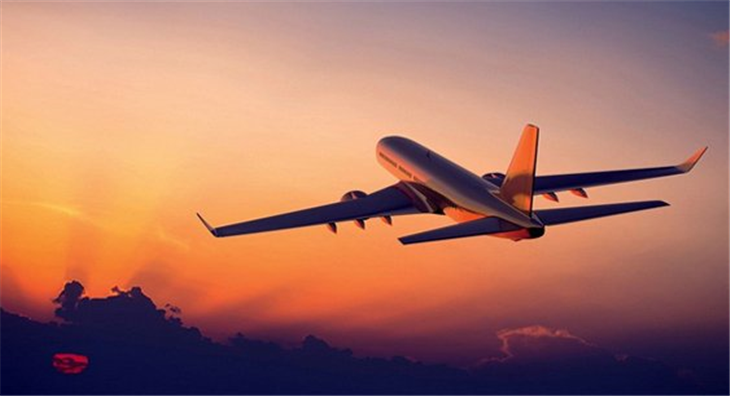
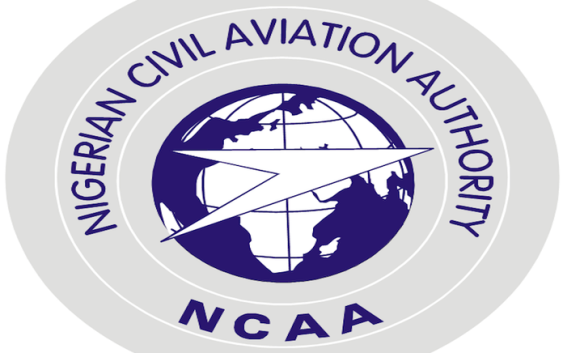
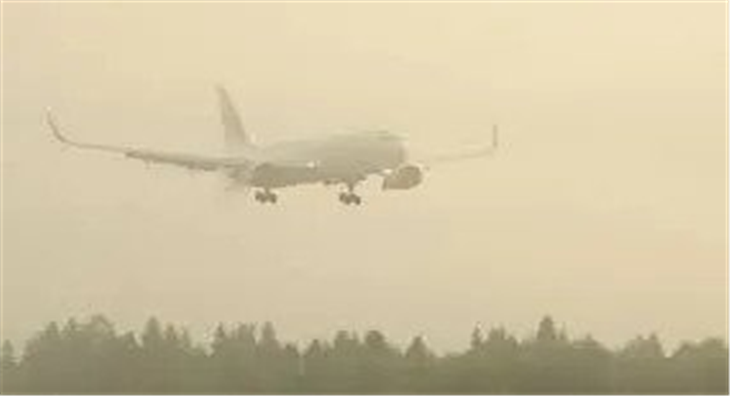
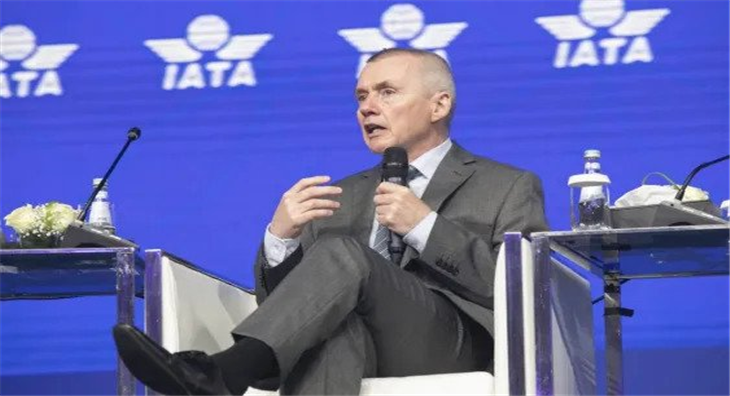
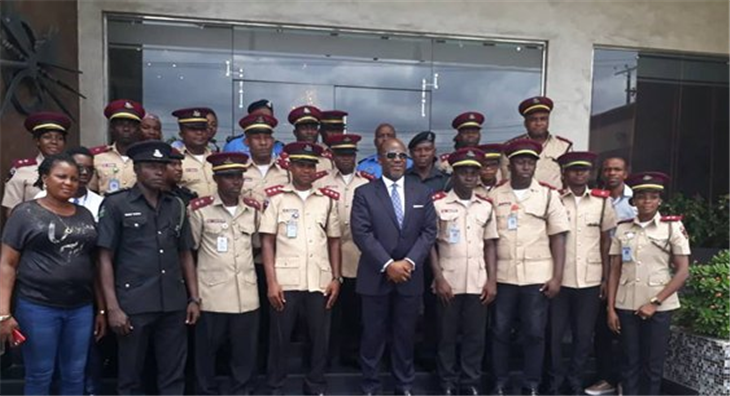
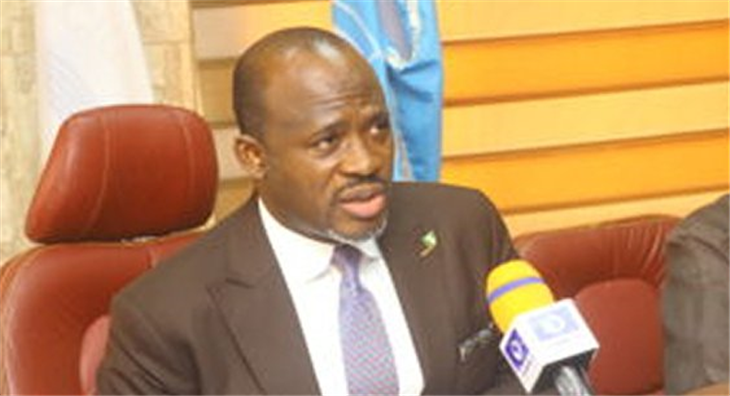


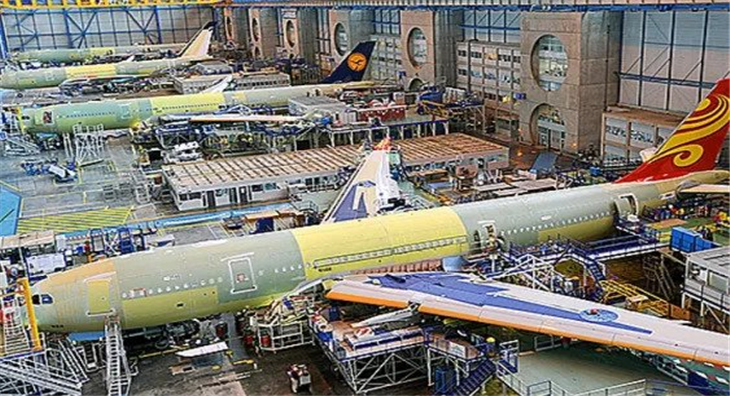
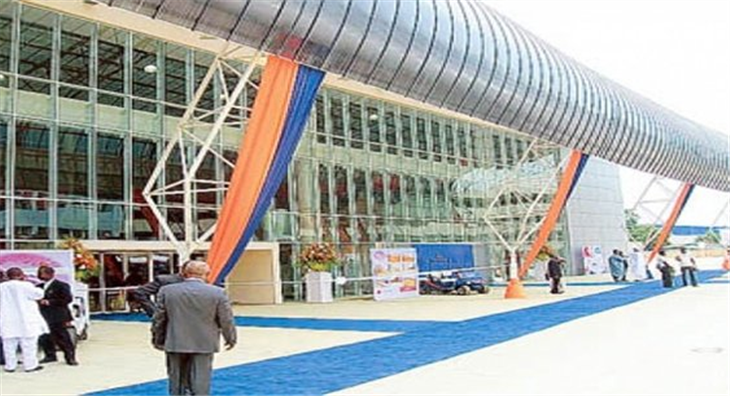
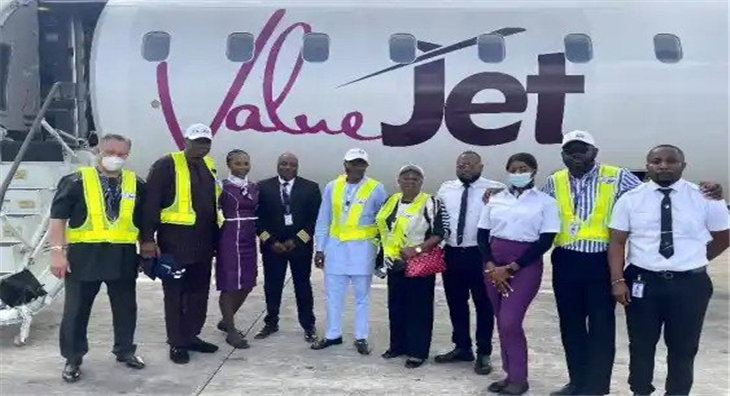
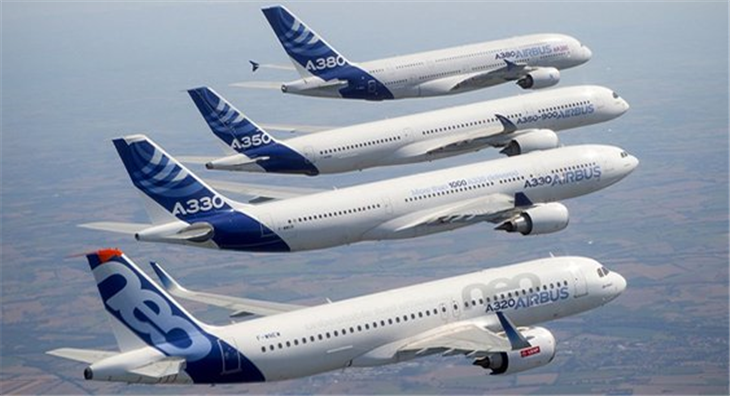
.jpg)

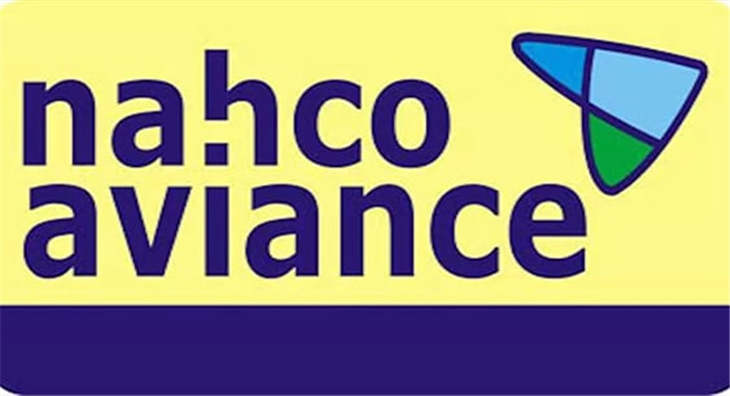
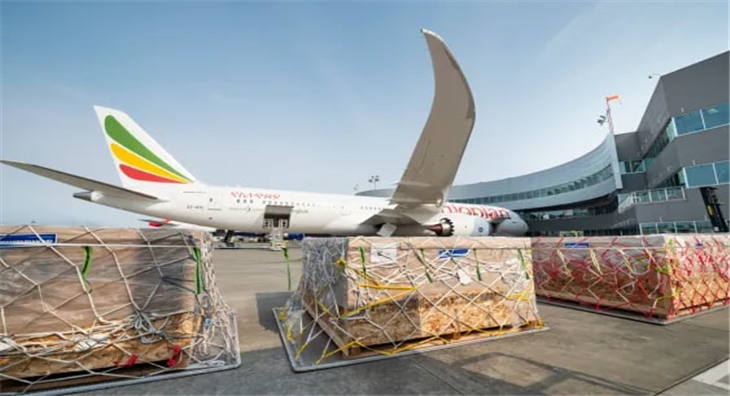
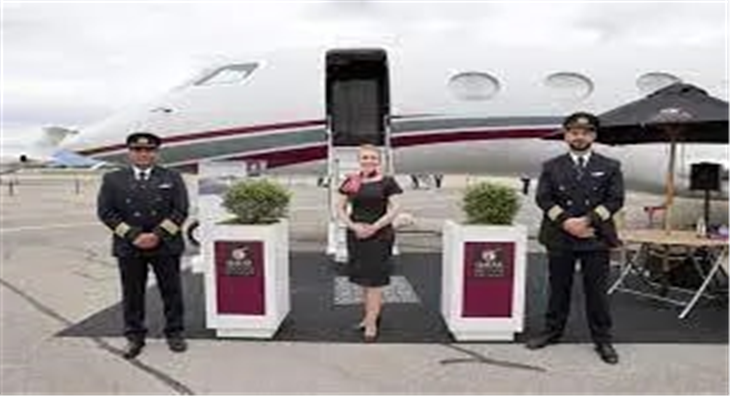

.jpg)
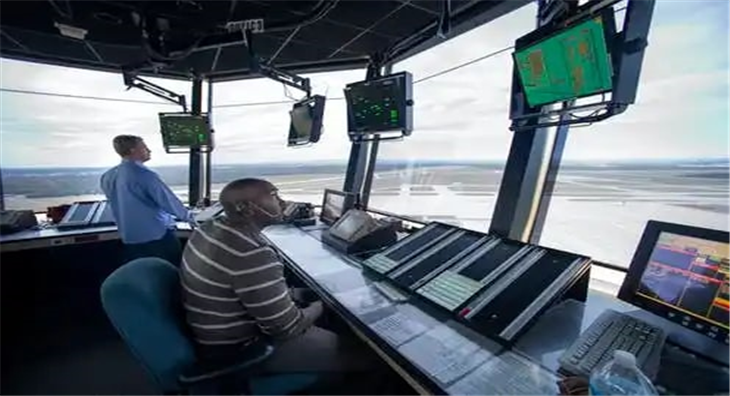




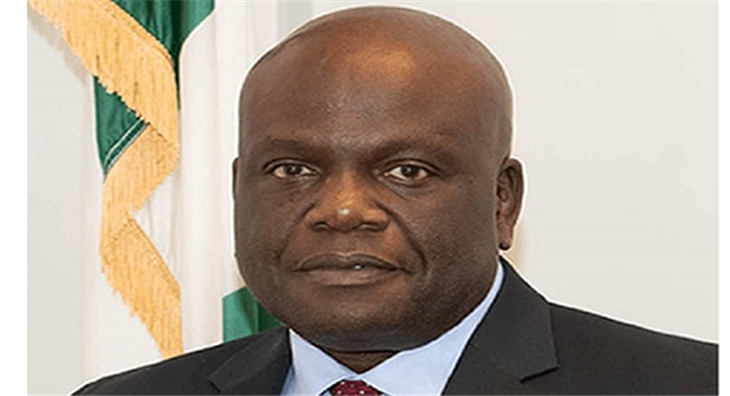
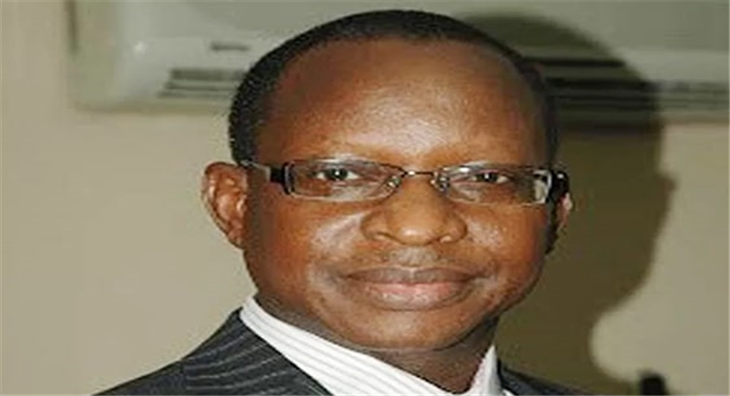








.jpg)
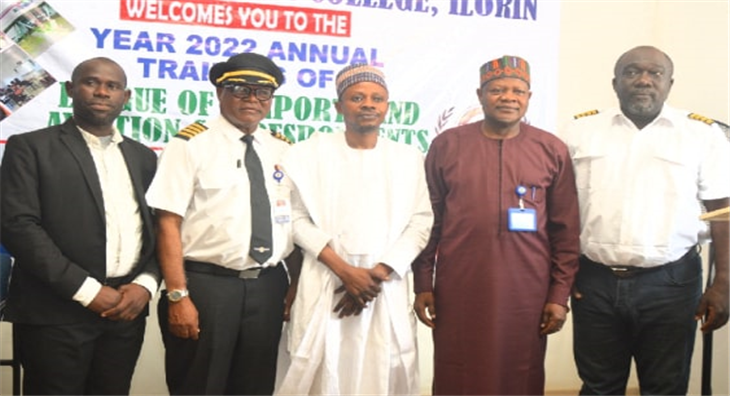

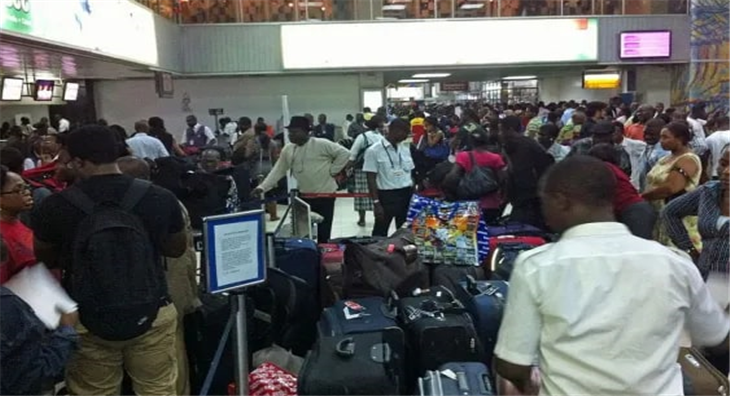
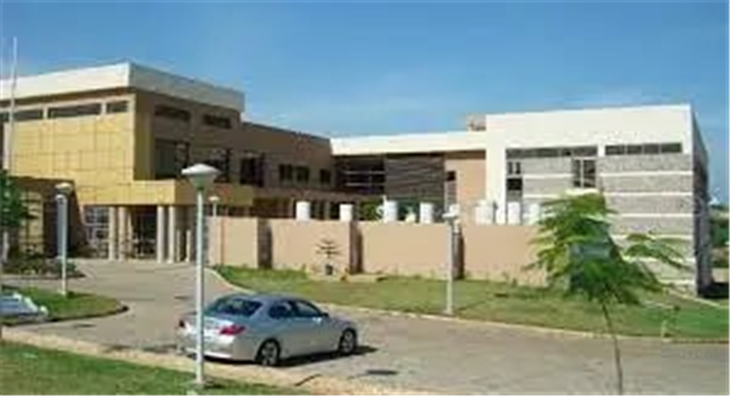
.jpg)
.jpg)


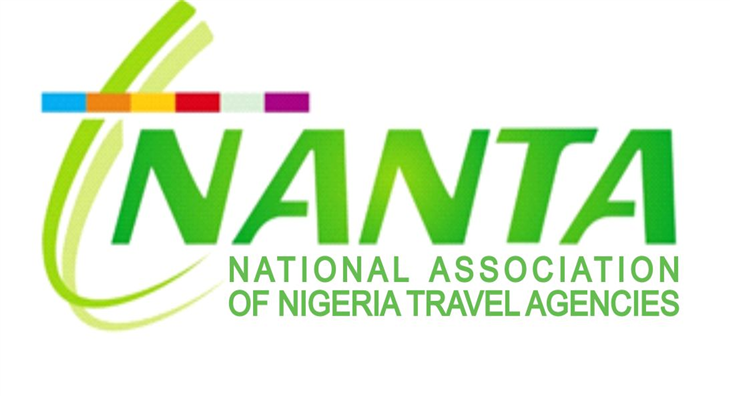
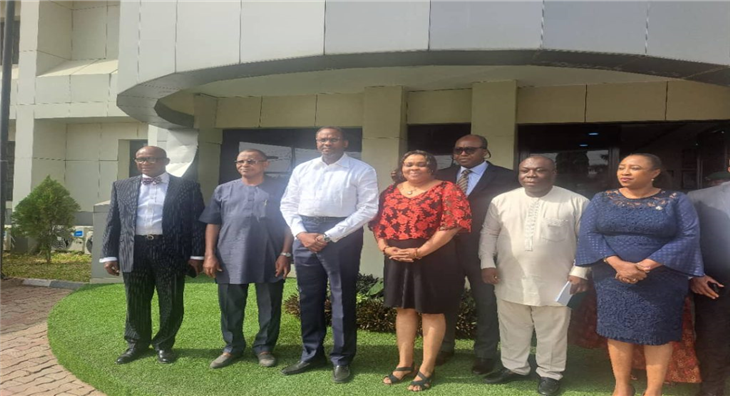
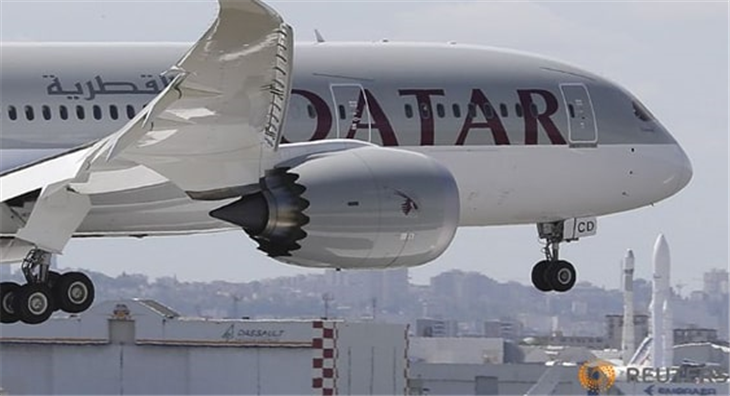
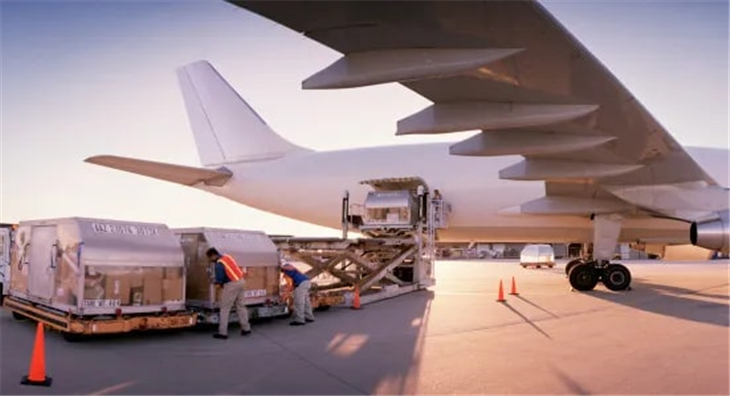

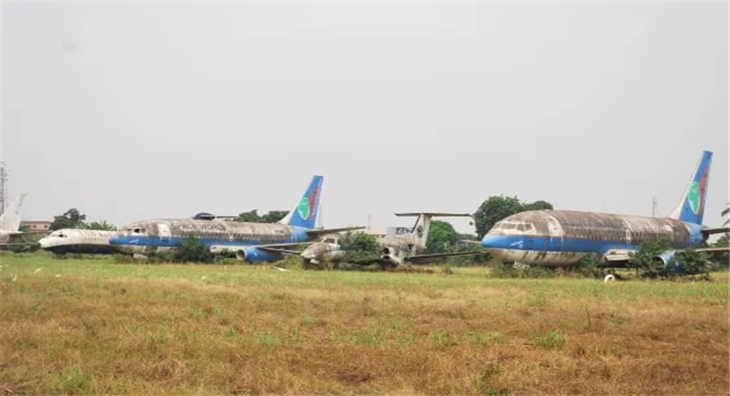
.jpg)
.jpg)
.jpg)
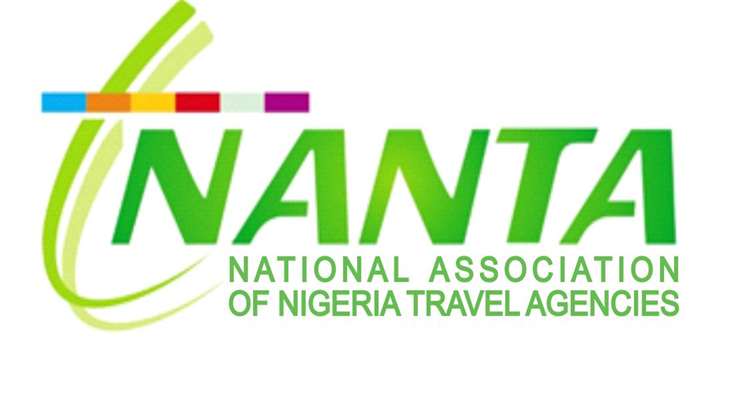
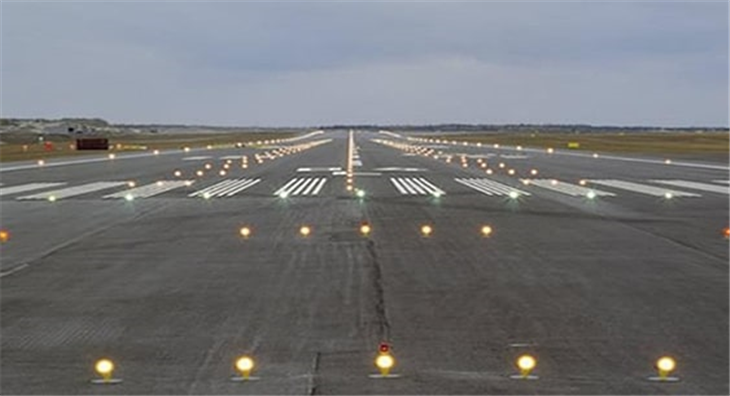

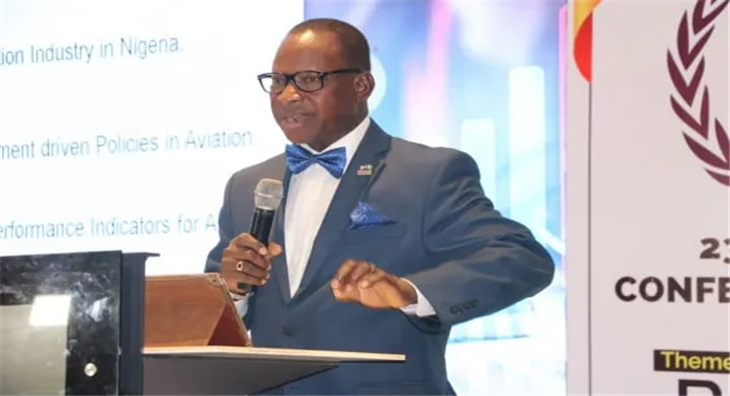
.jpg)

.jpg)
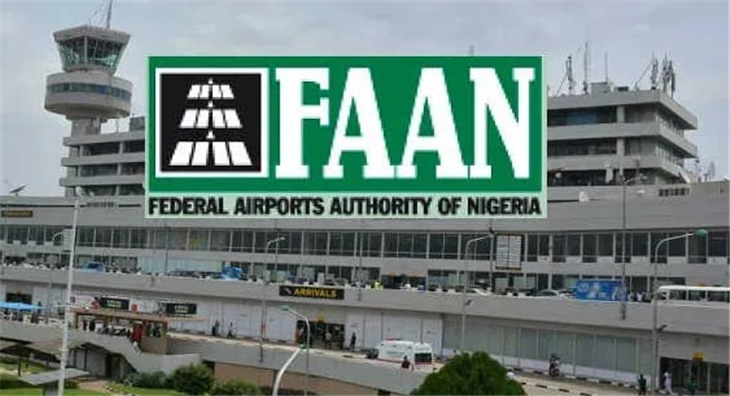


.jpg)

.jpg)

.jpg)
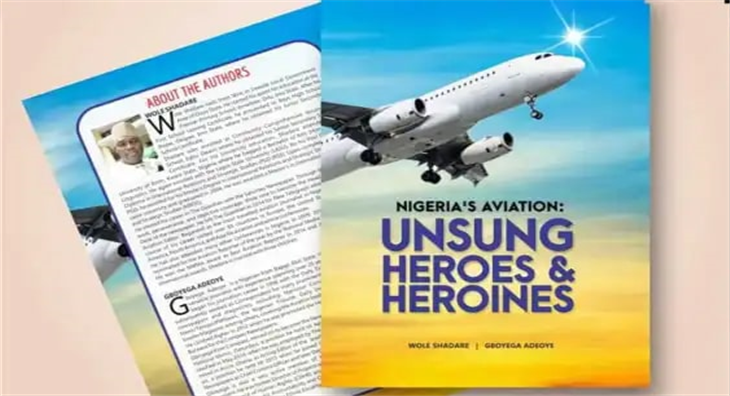
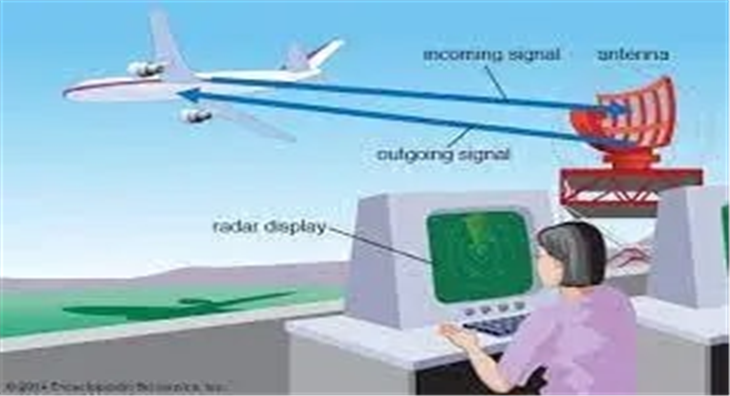

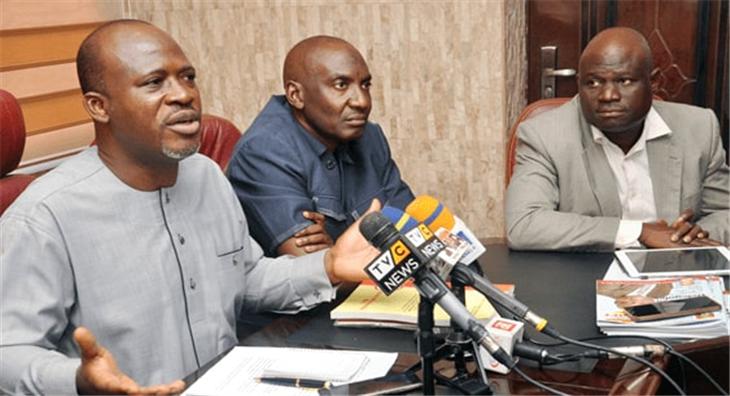
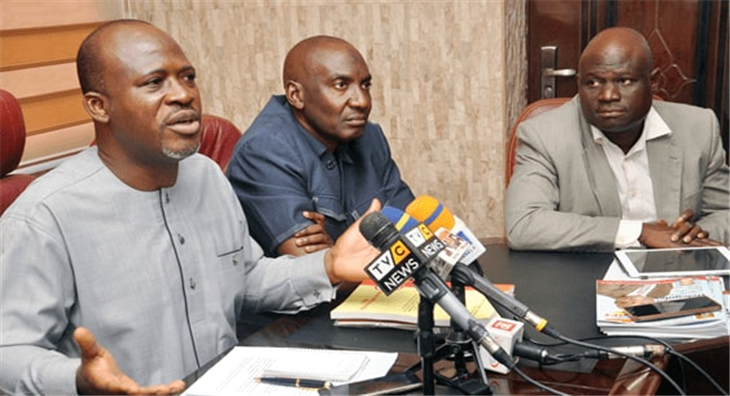



.jpg)


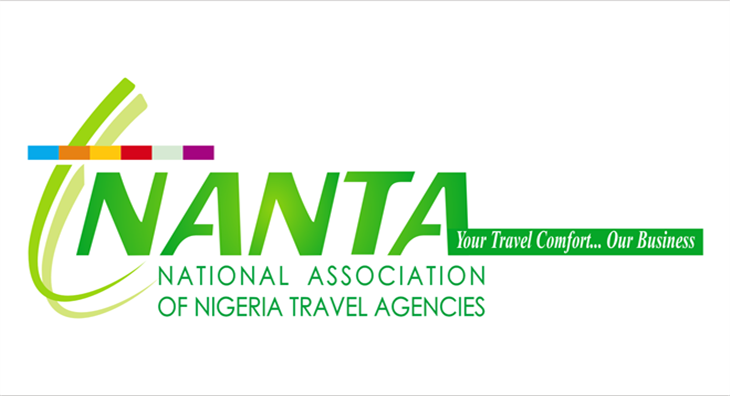

.jpg)



.jpg)
.jpg)
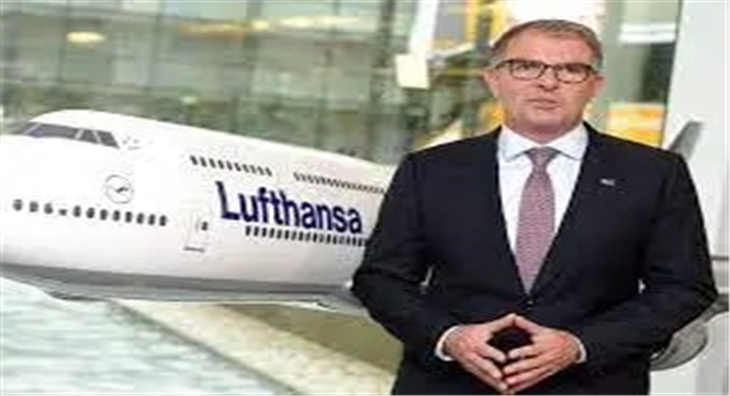

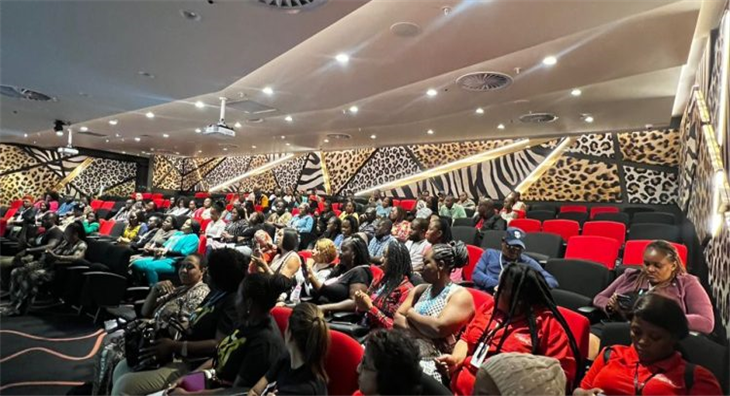
.jpg)




 (1).jpg)
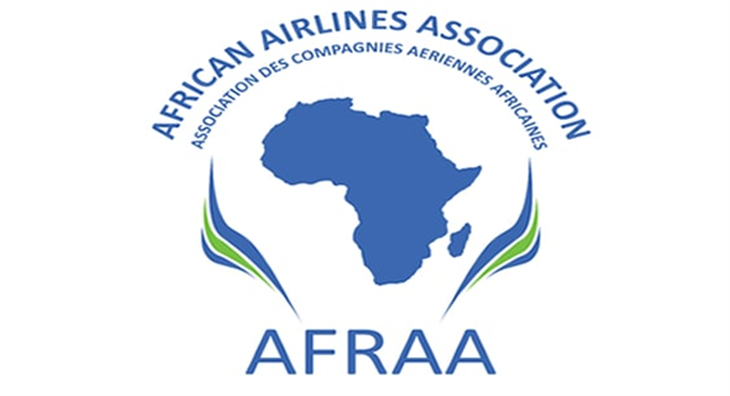

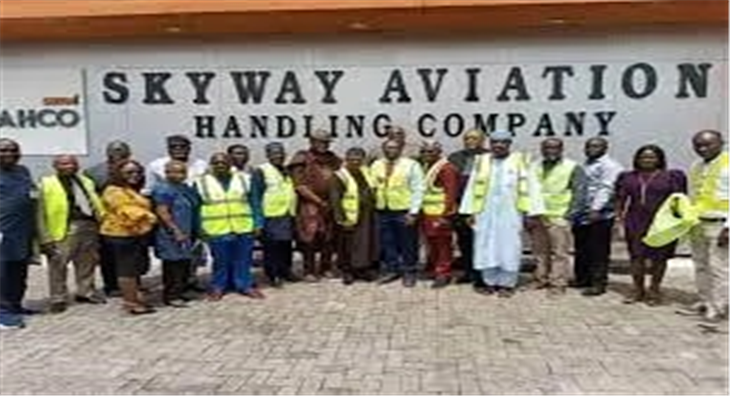

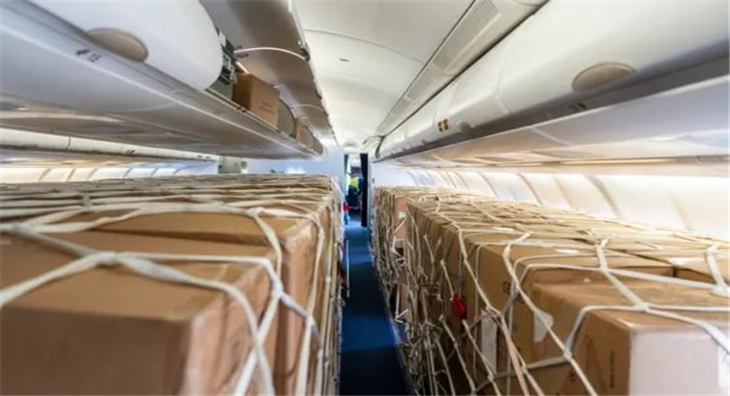


.jpg)


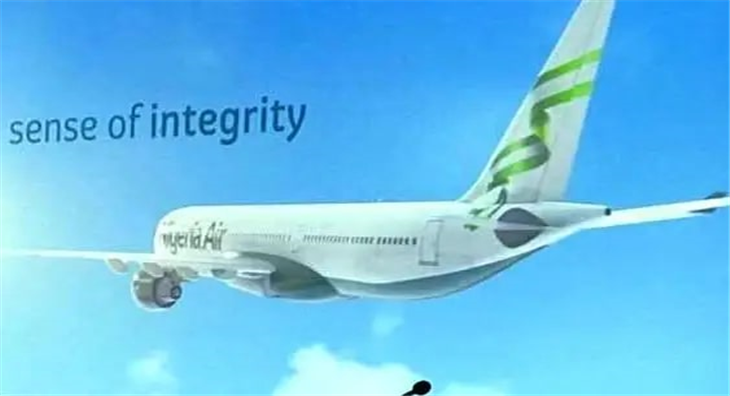
.jpg)





 (1).jpg)
.jpg)
.jpg)


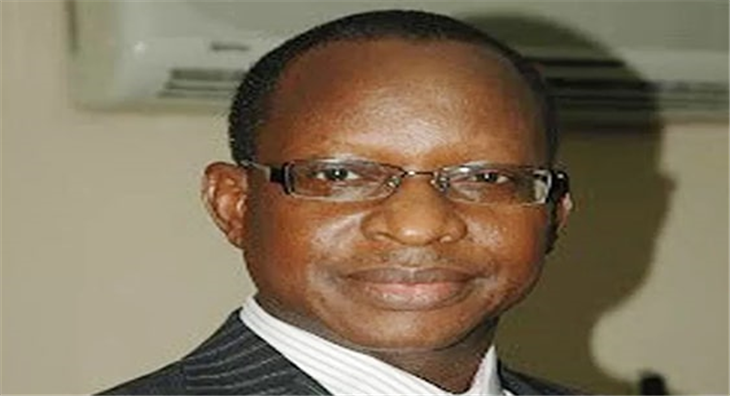


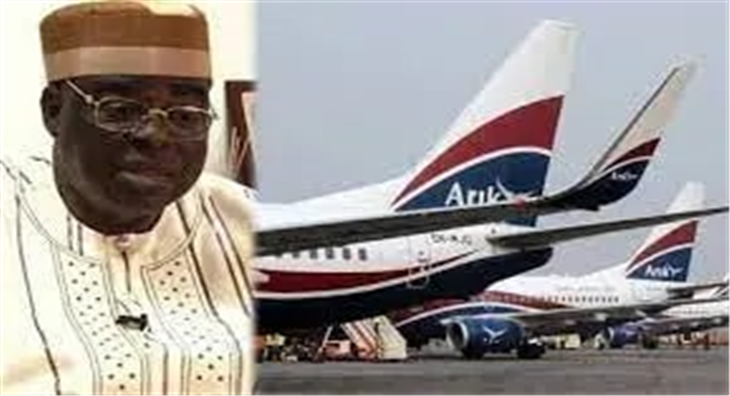
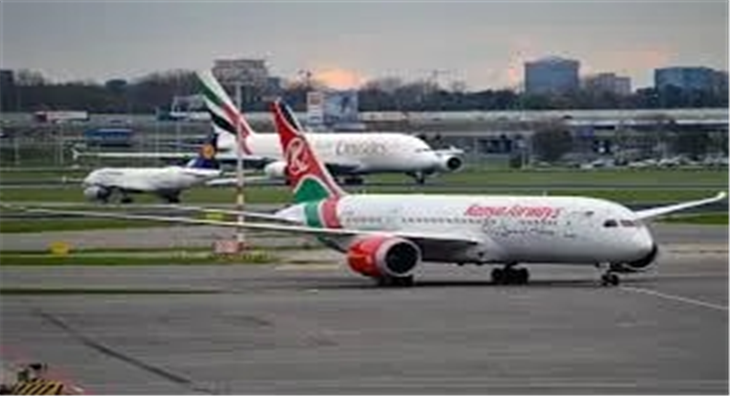
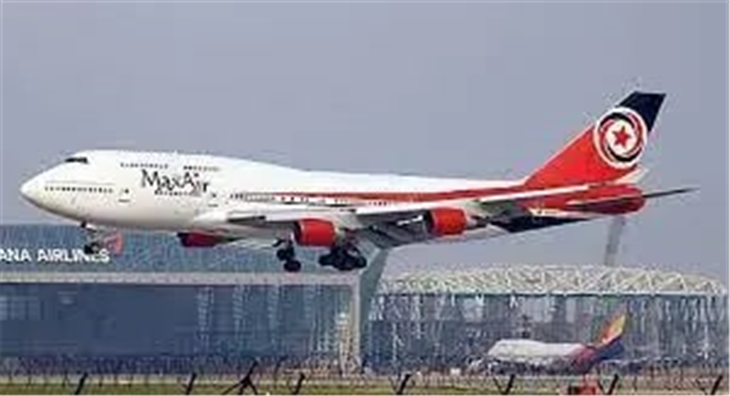
.jpg)
.jpg)
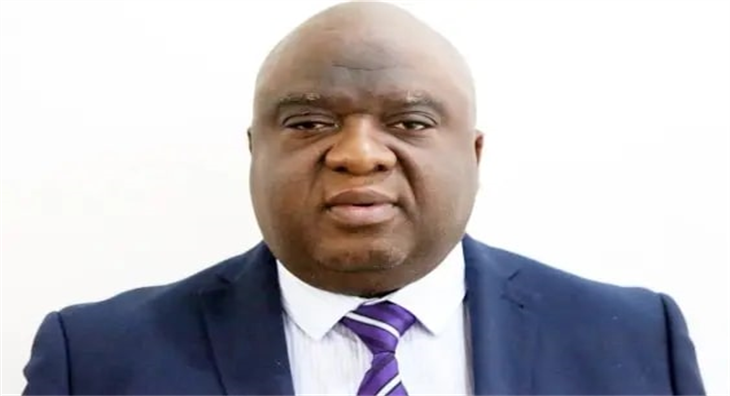
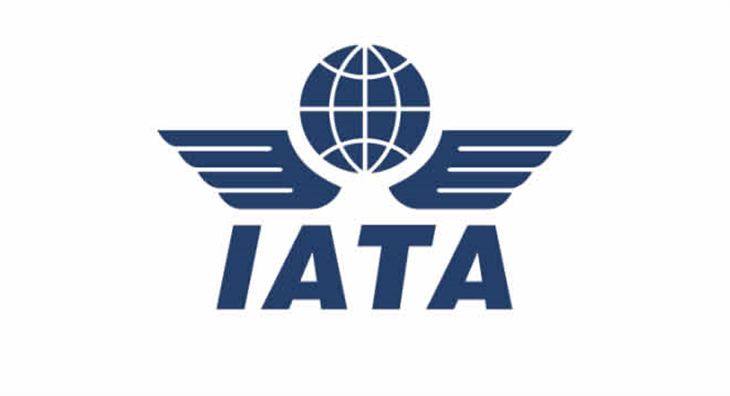
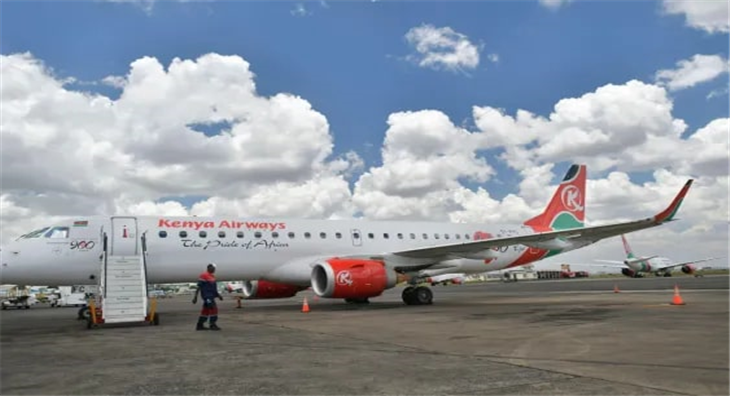

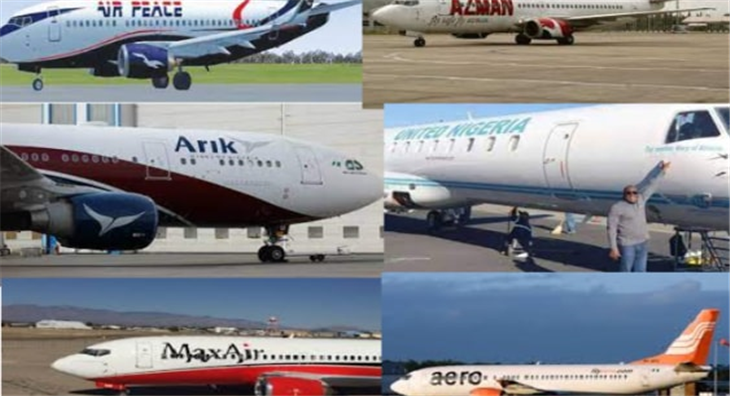
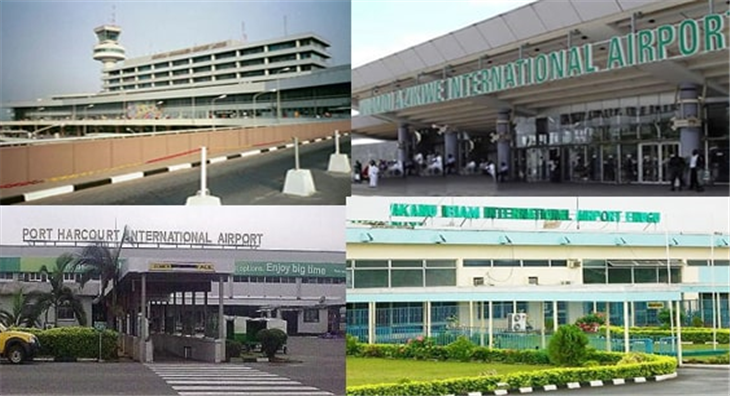
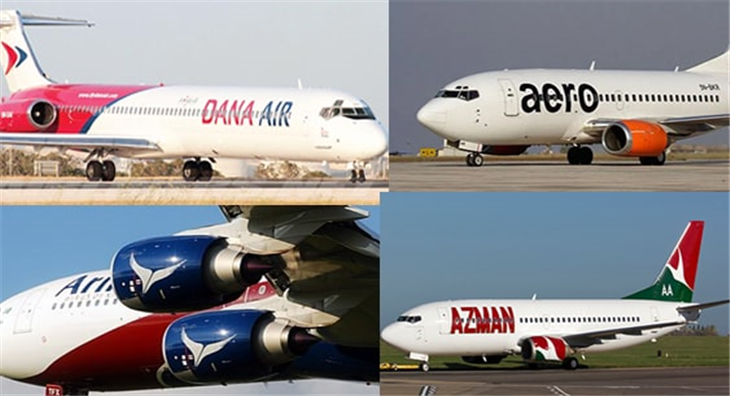
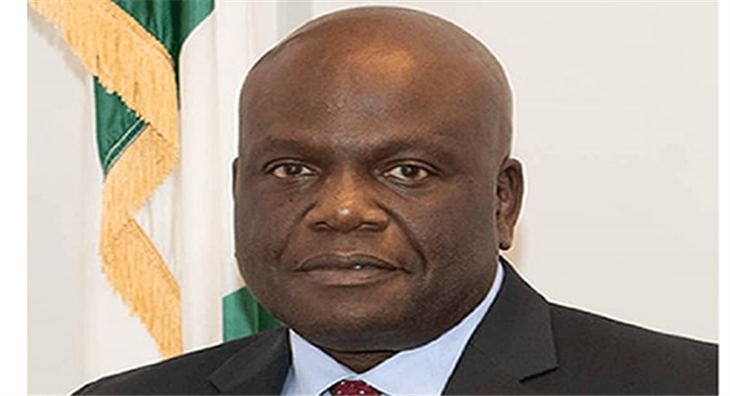

.jpg)
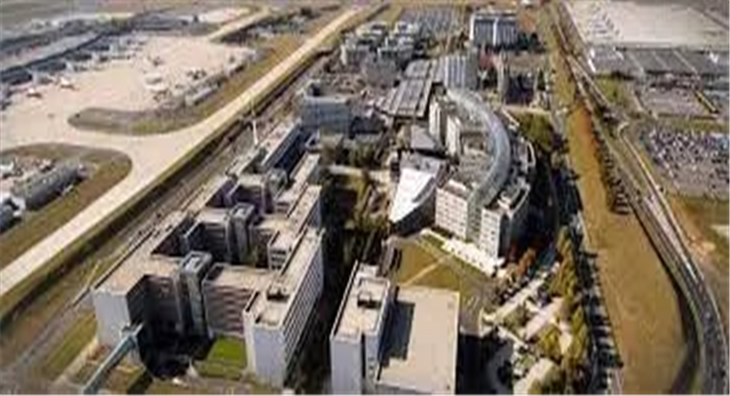
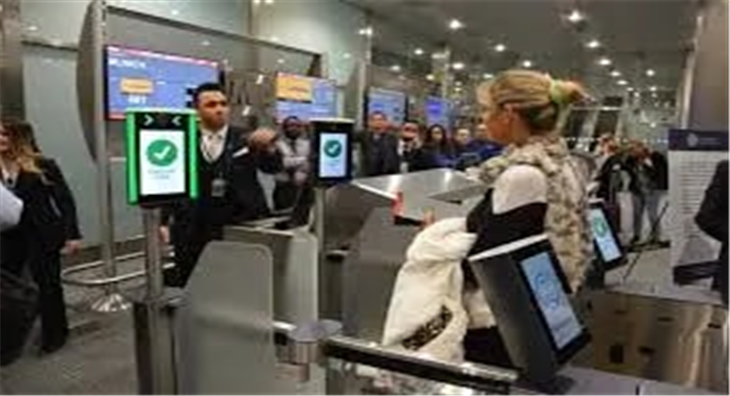

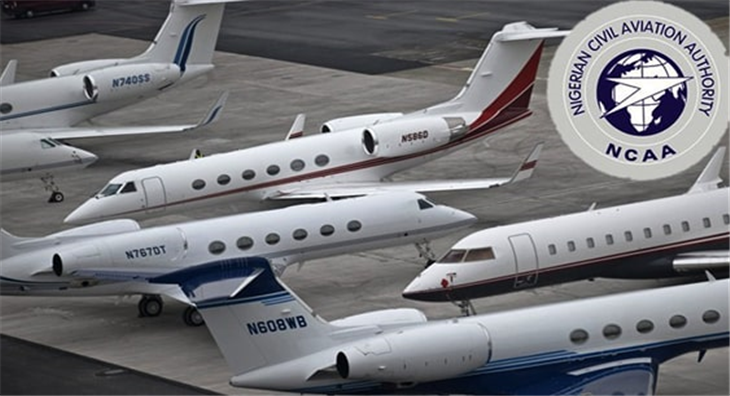
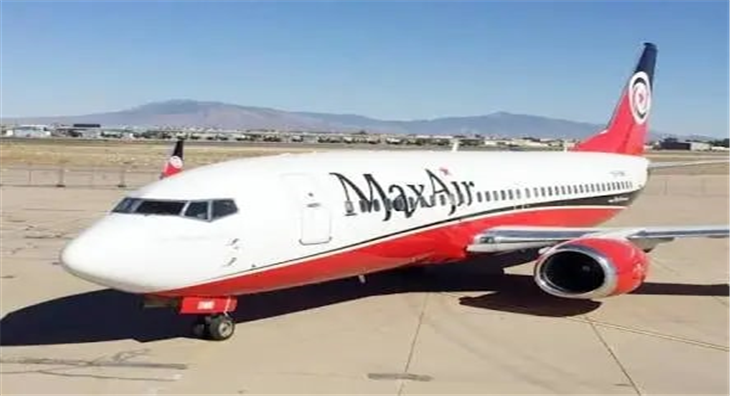
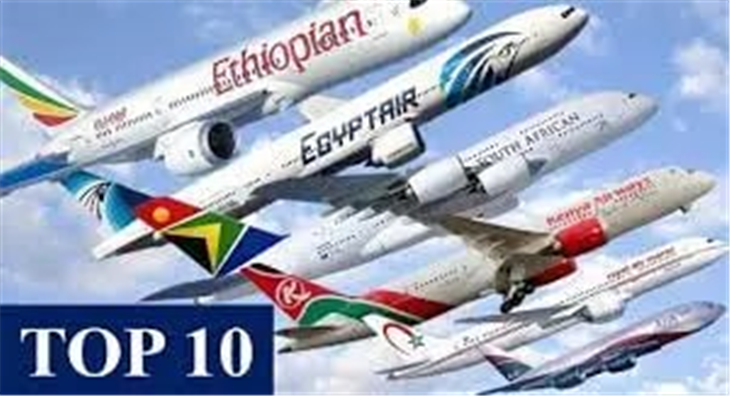
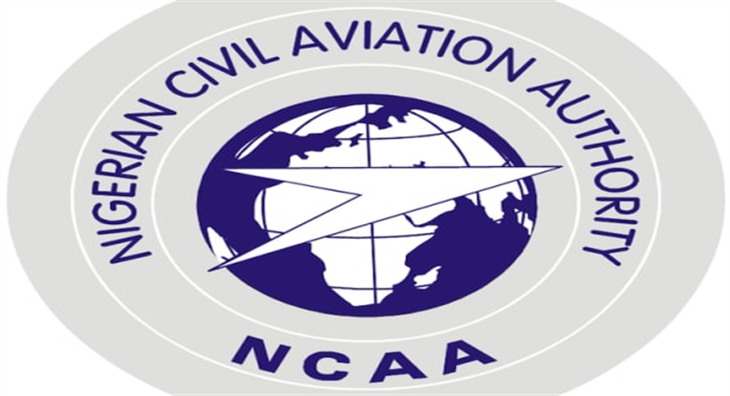

.jpg)
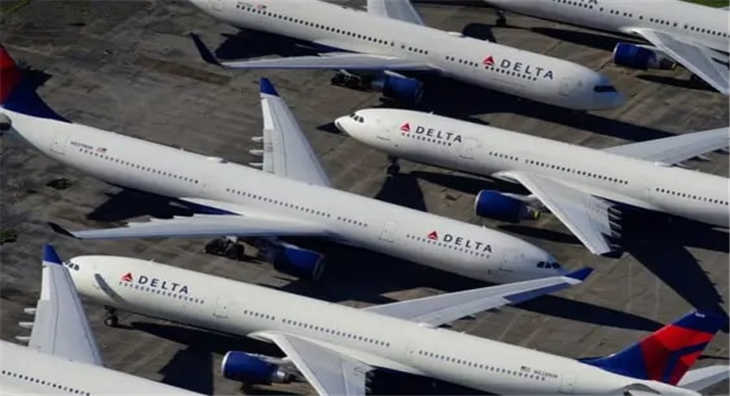

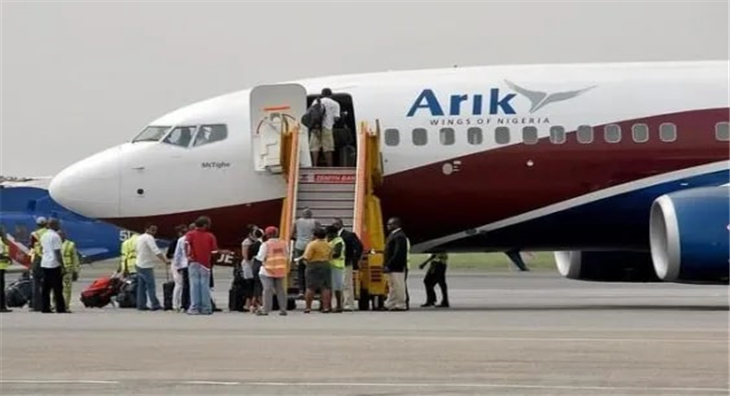
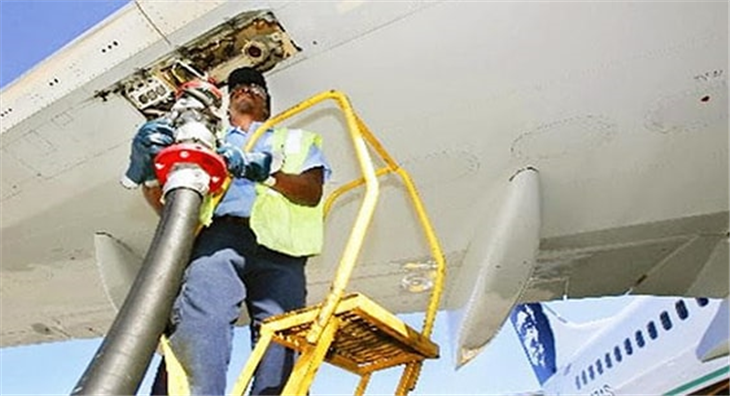
.jpg)
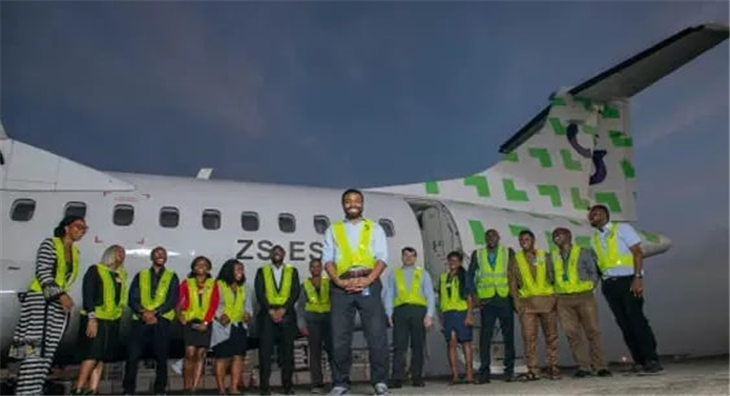
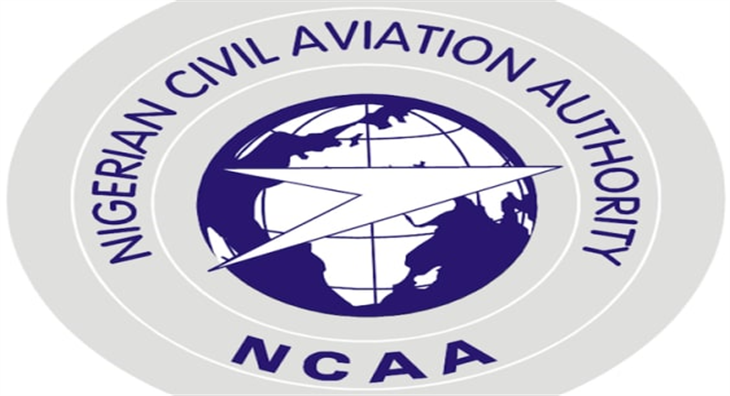

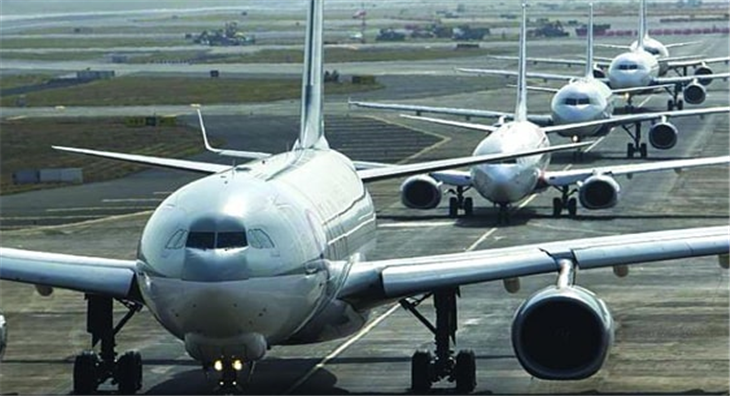
.jpg)
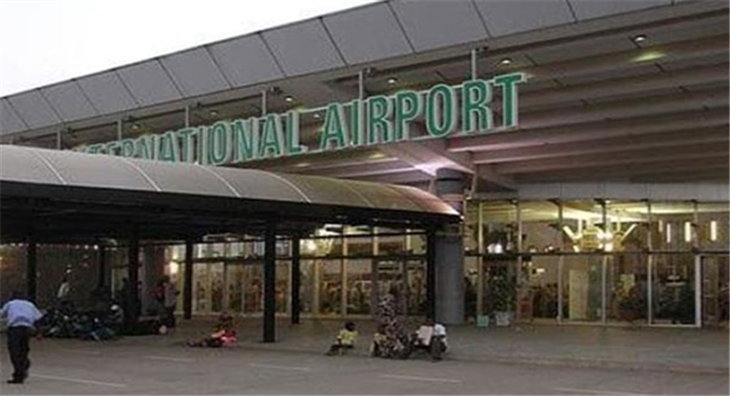
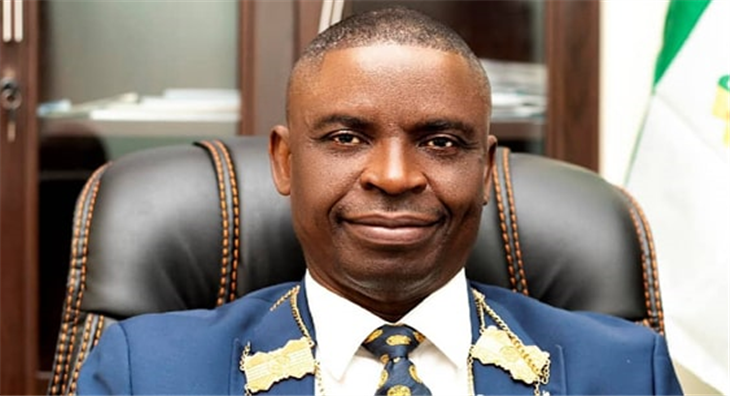

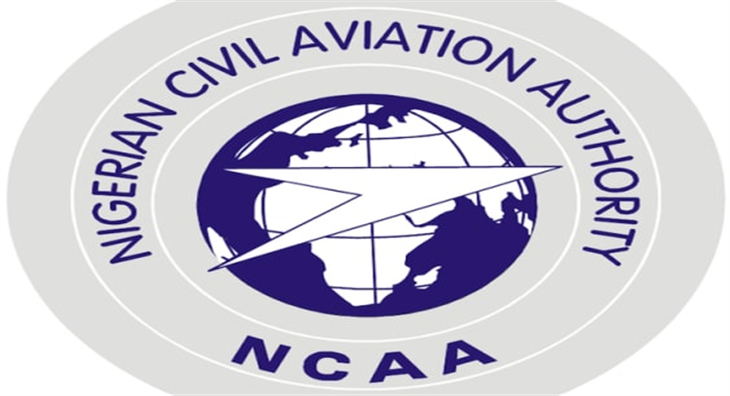

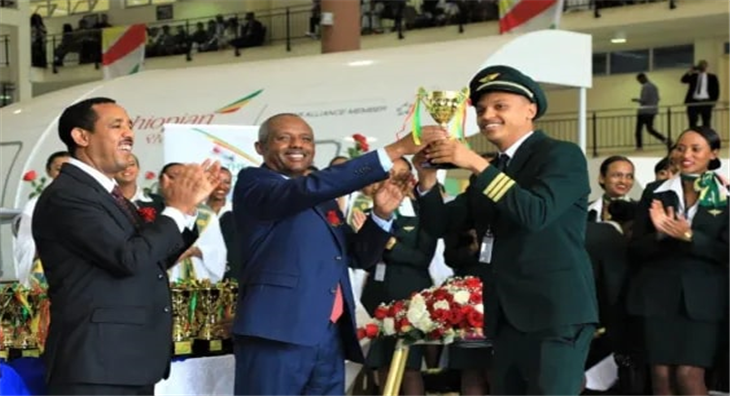
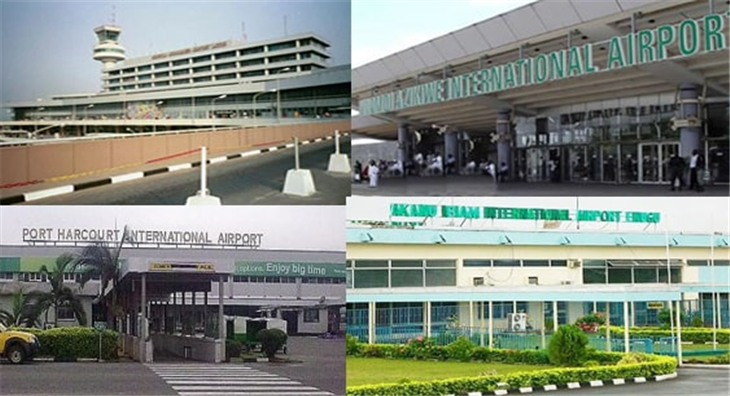
.jpg)
.jpg)
.jpg)



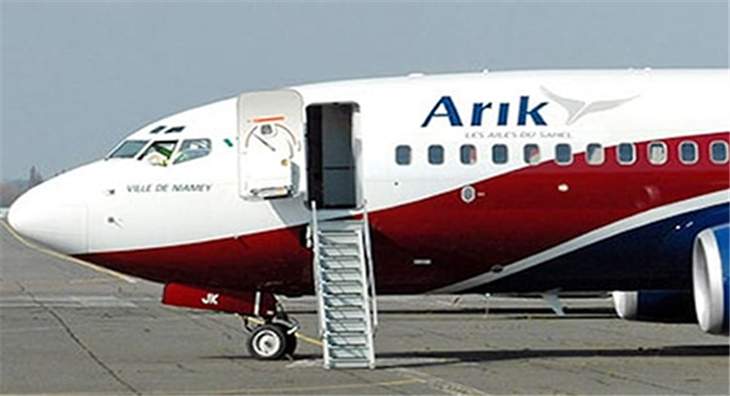
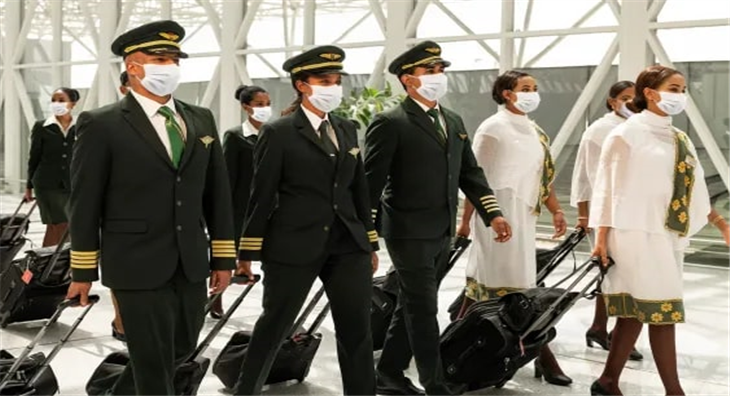
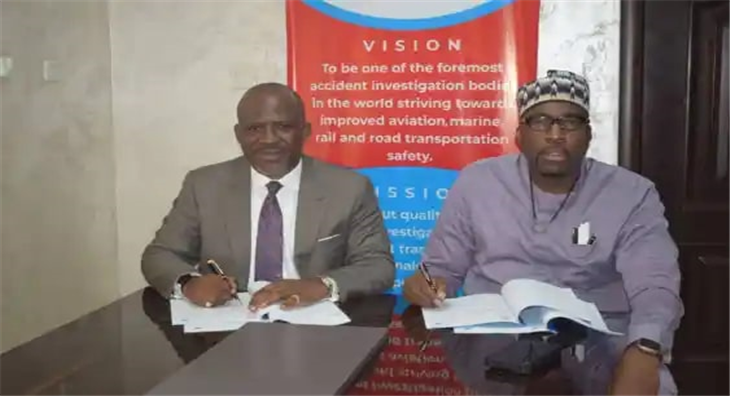
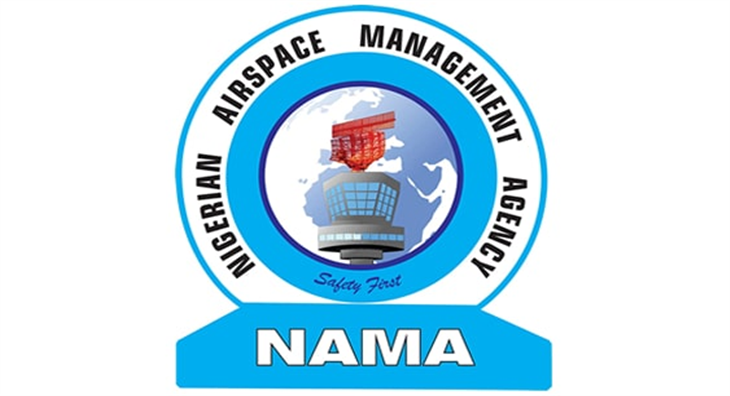
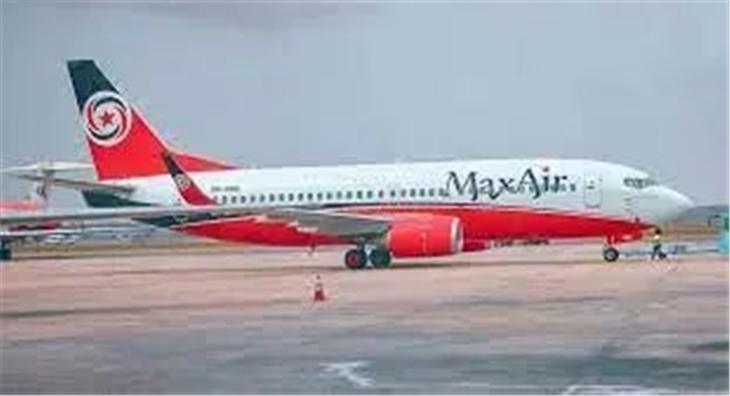

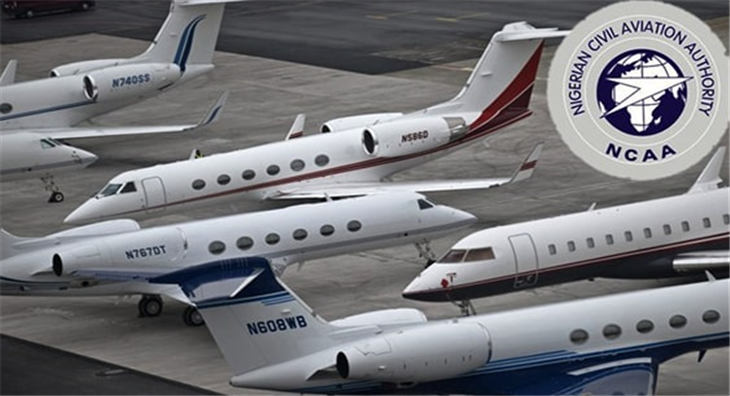
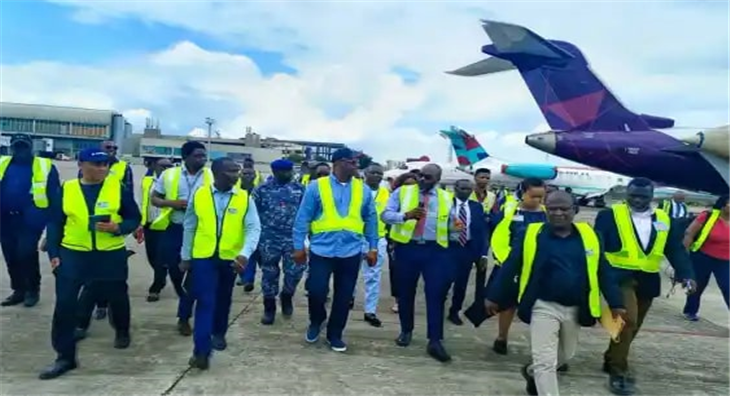
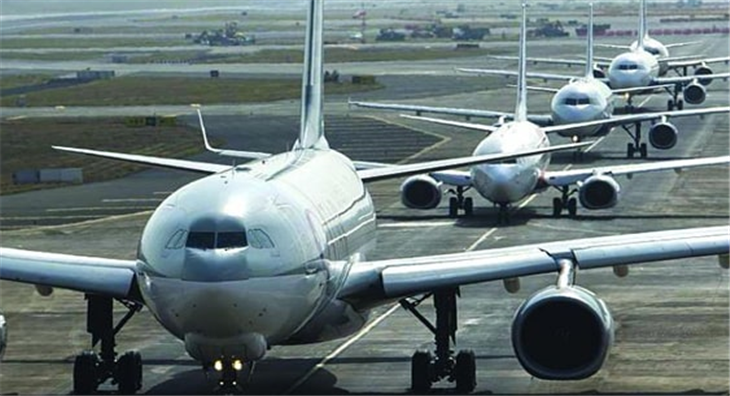
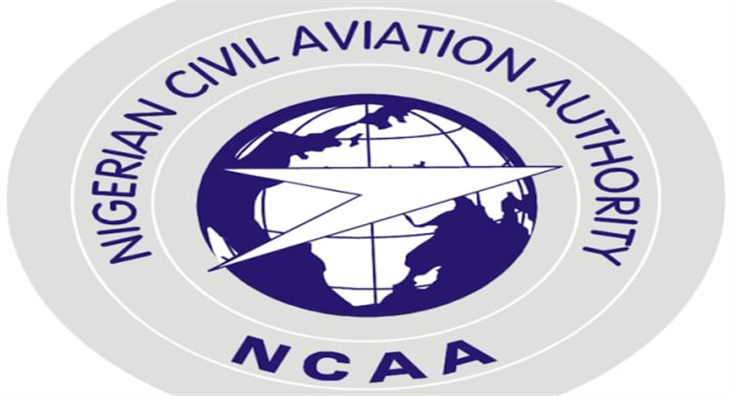
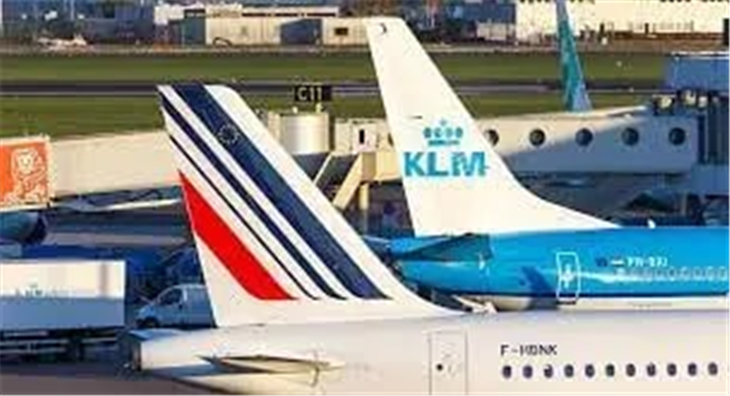
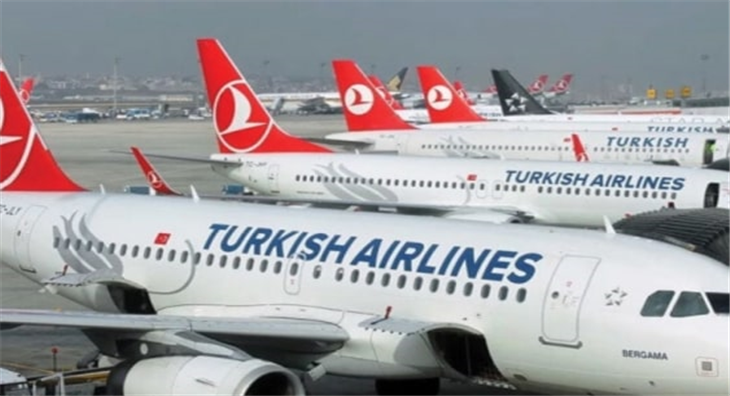
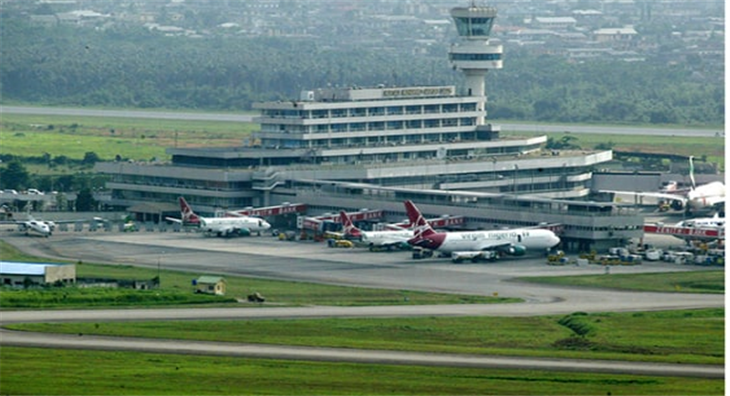
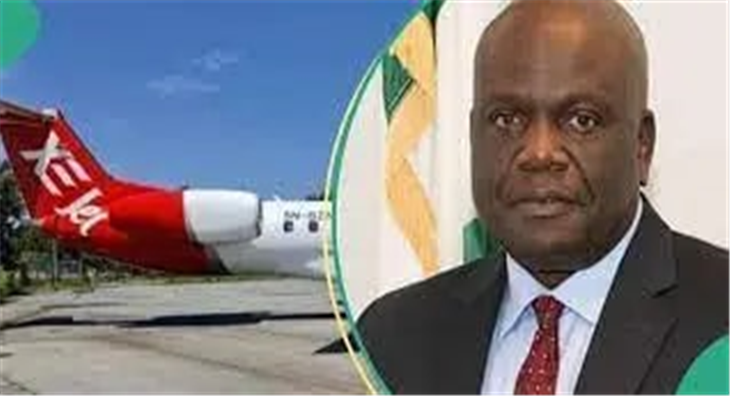
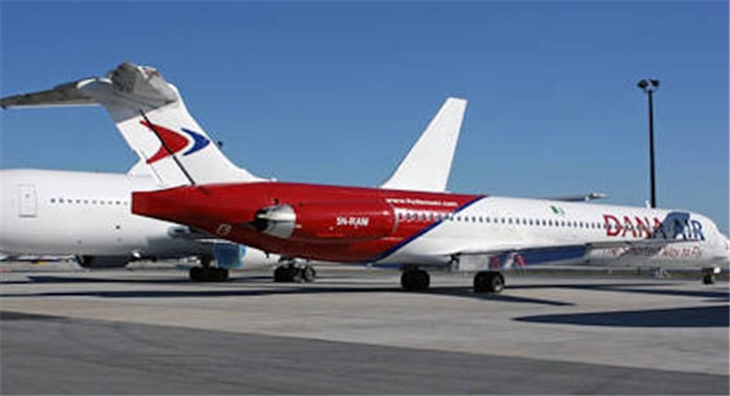

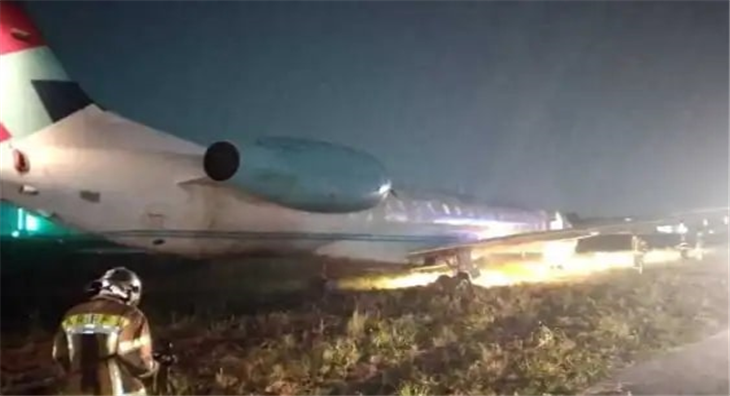
.jpg)







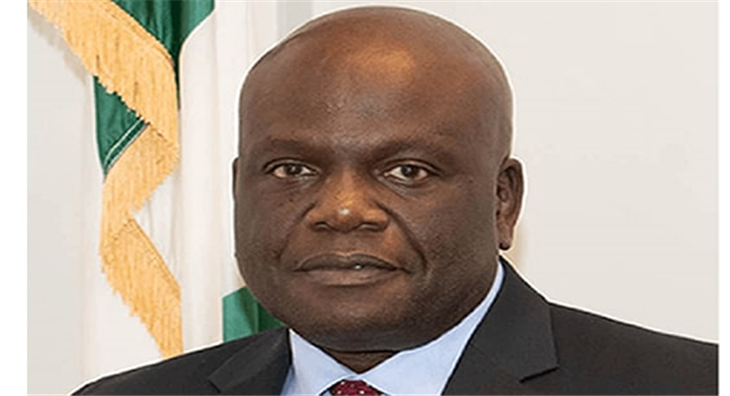



.jpg)
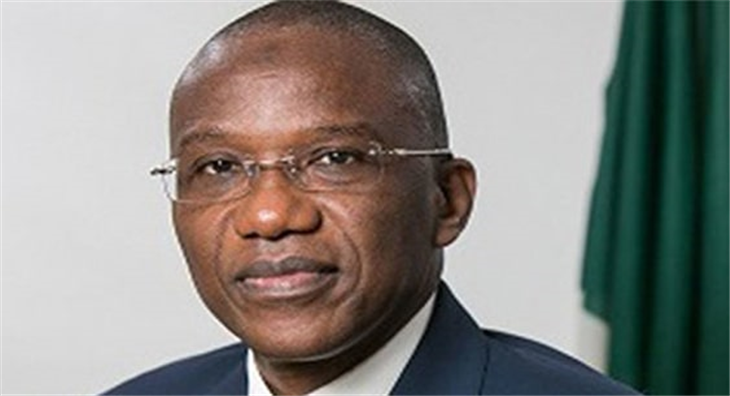
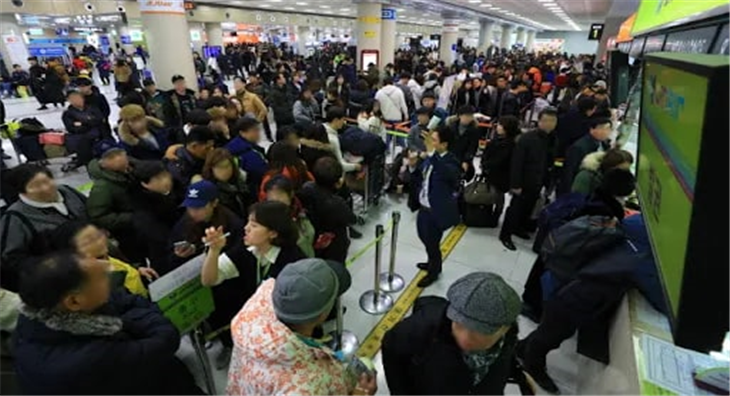
.jpg)
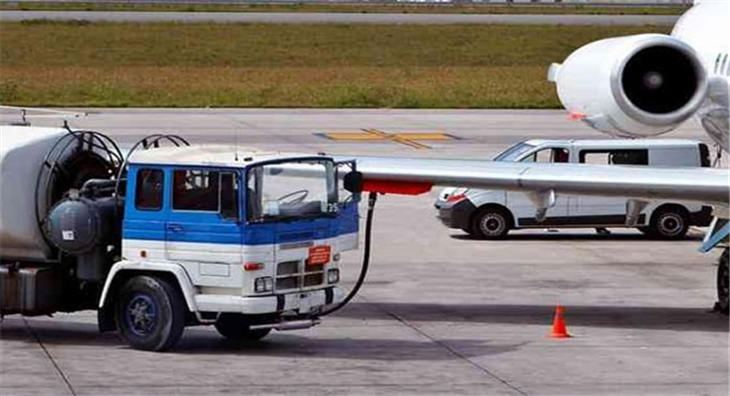
.jpg)

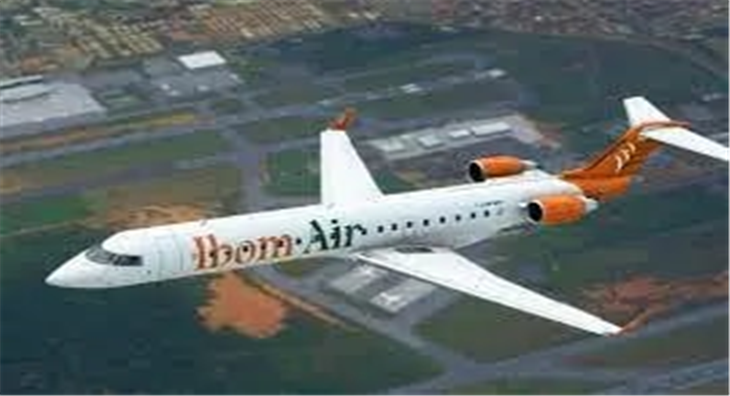
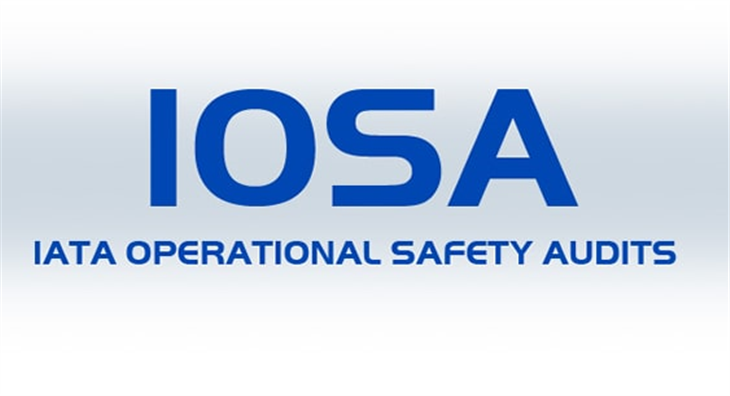
.jpg)
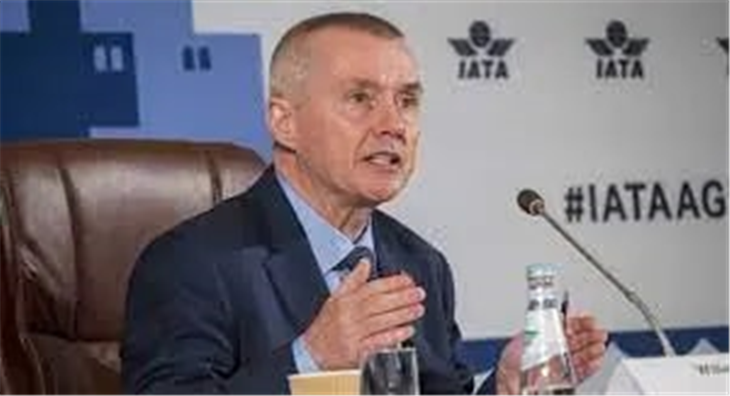


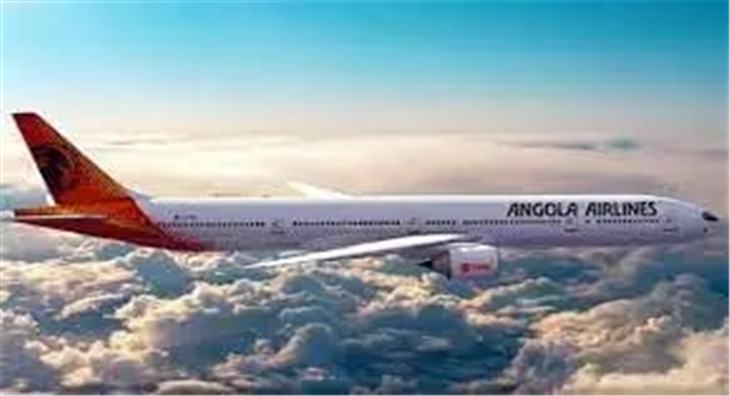

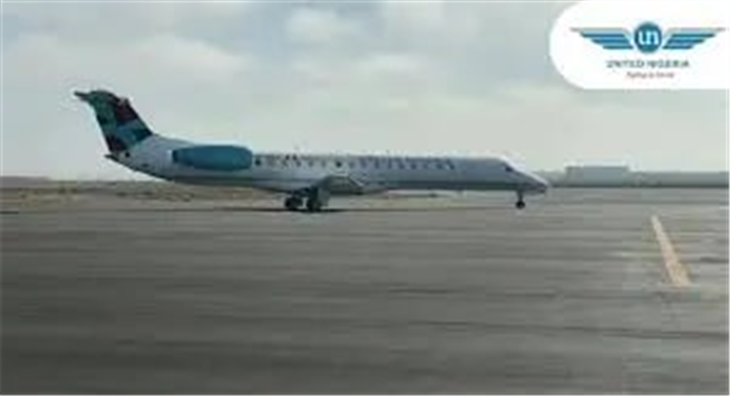
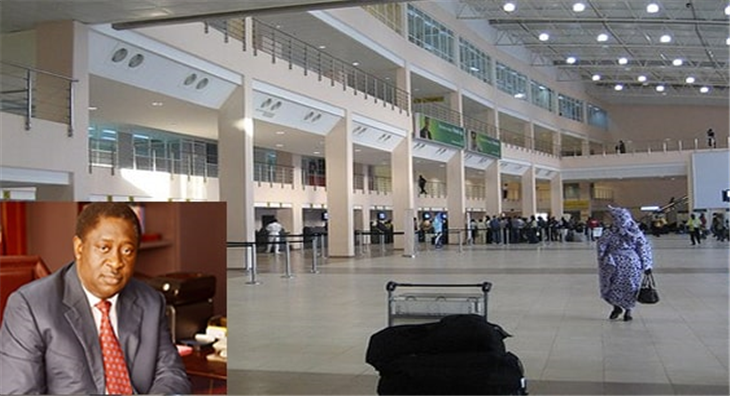

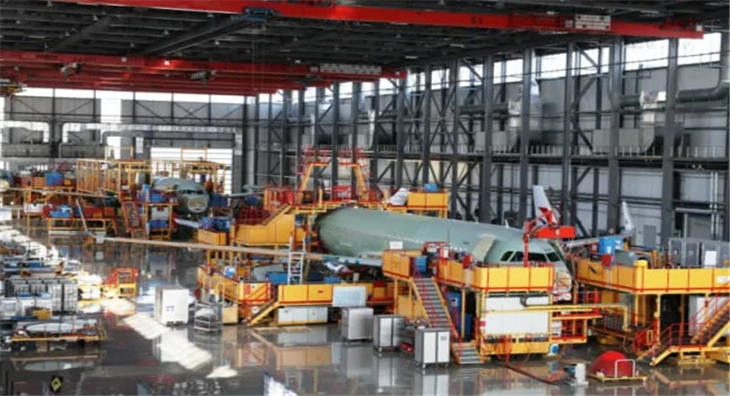
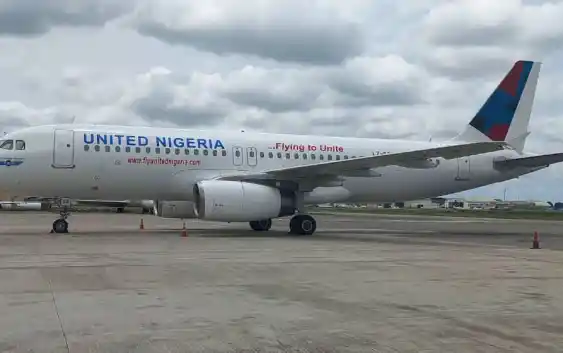
.jpg)
.jpg)

.jpg)



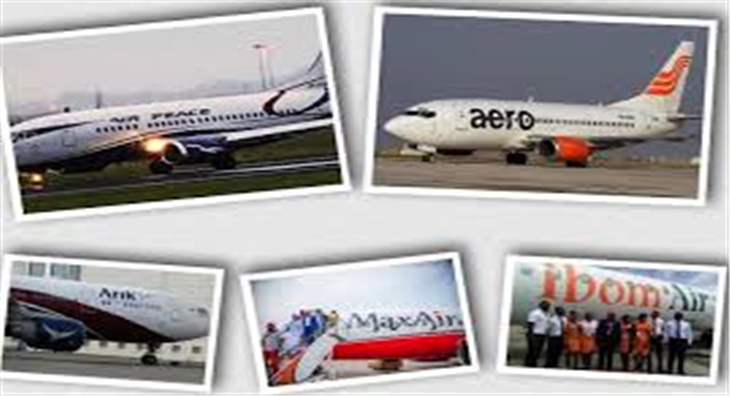

.jpg)
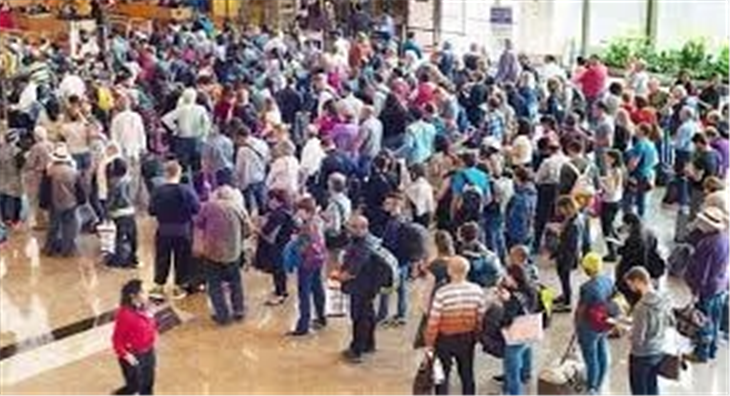


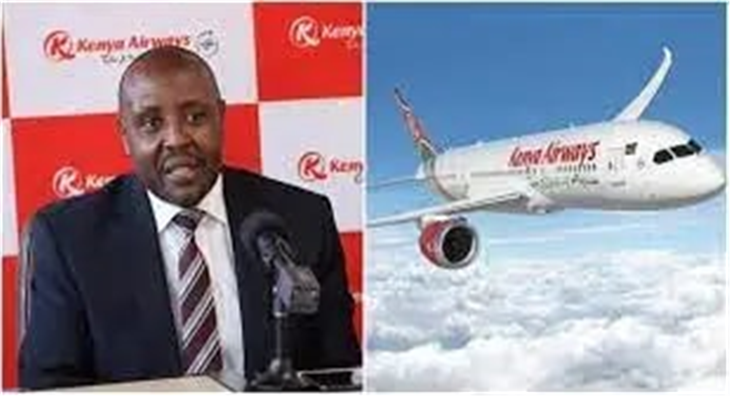
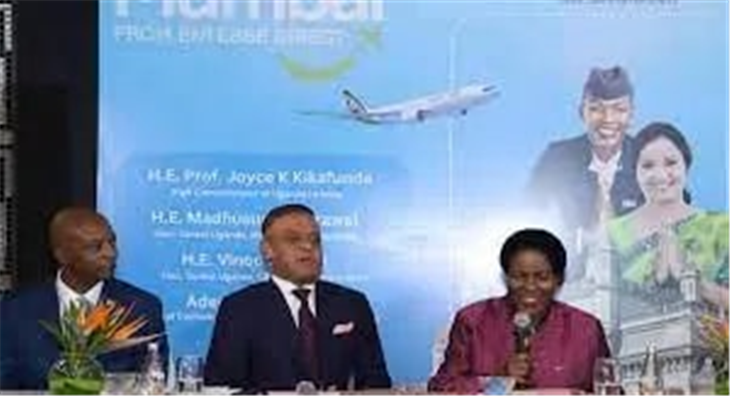
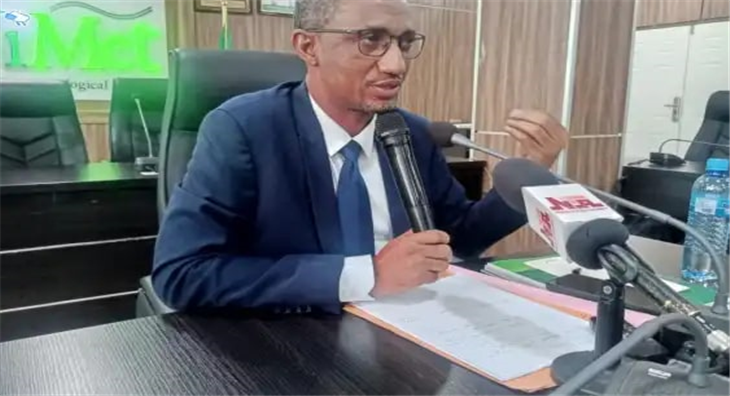





.jpg)

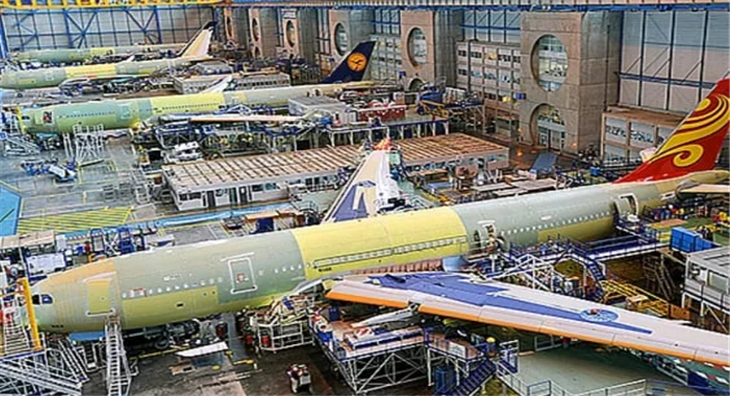

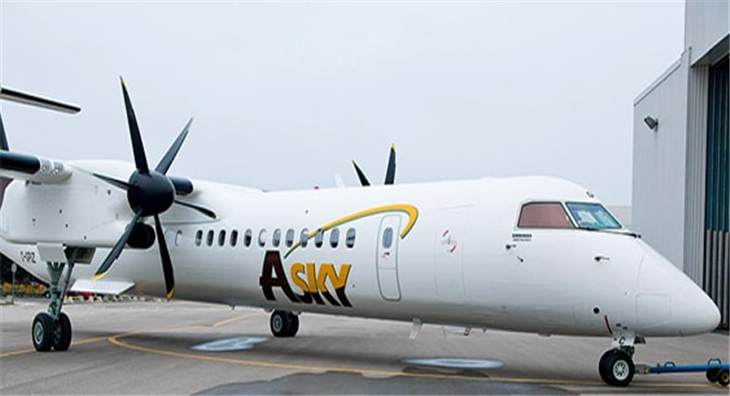
.jpg)


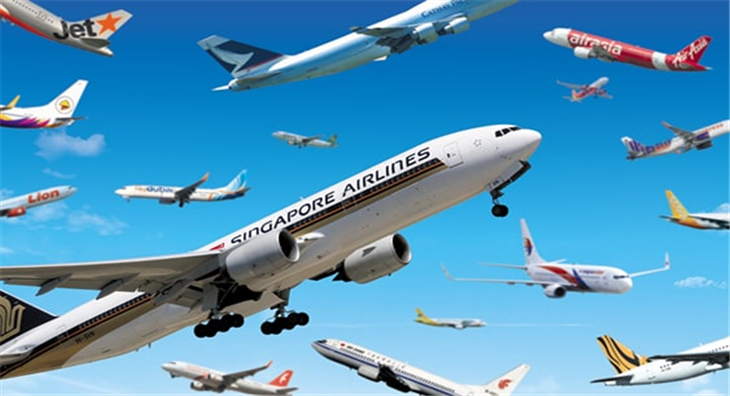

.jpg)

.jpg)

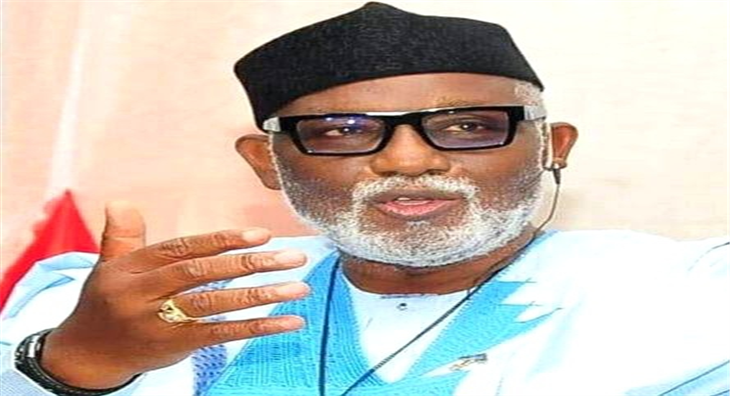
 (1).jpg)

.jpg)





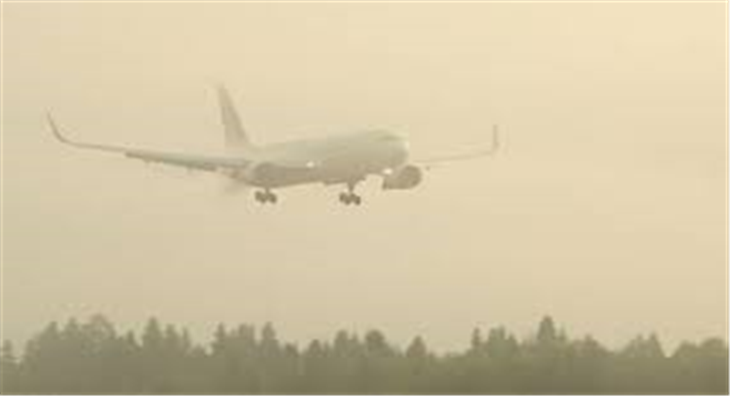



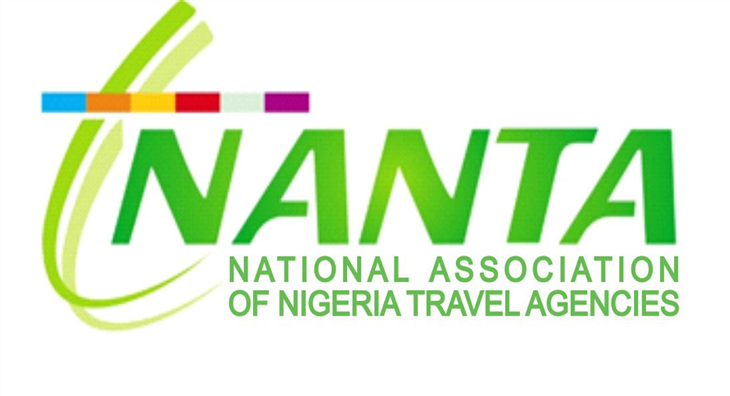
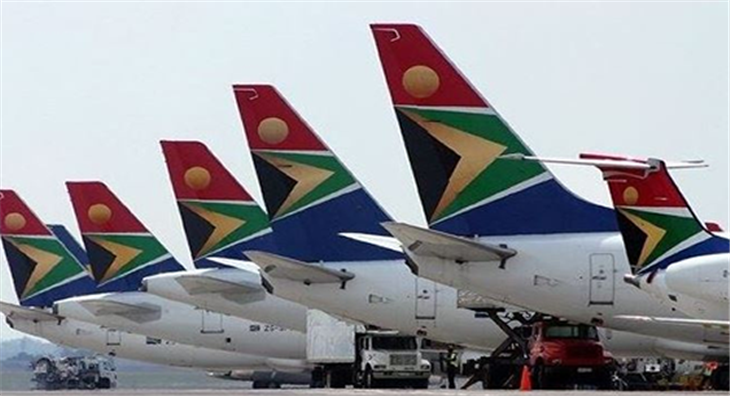
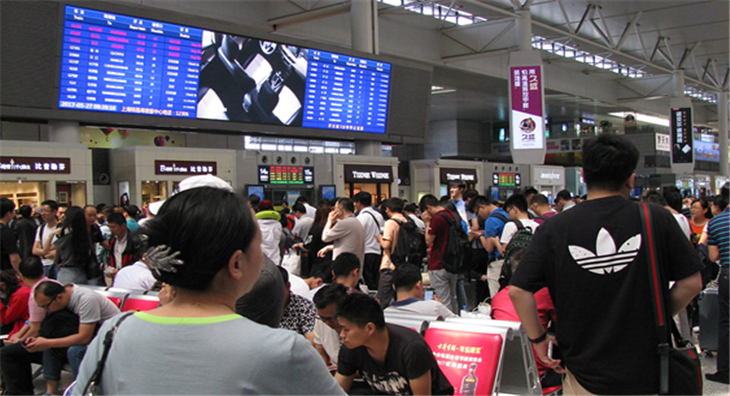

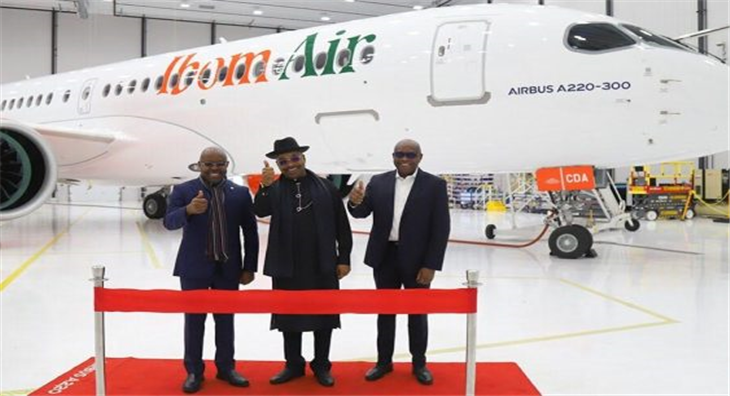
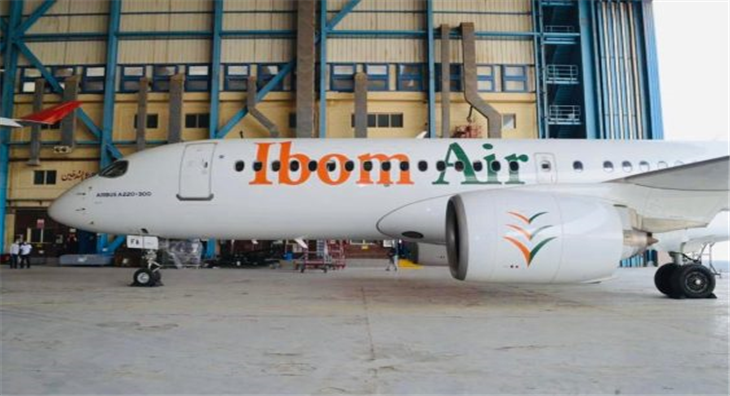

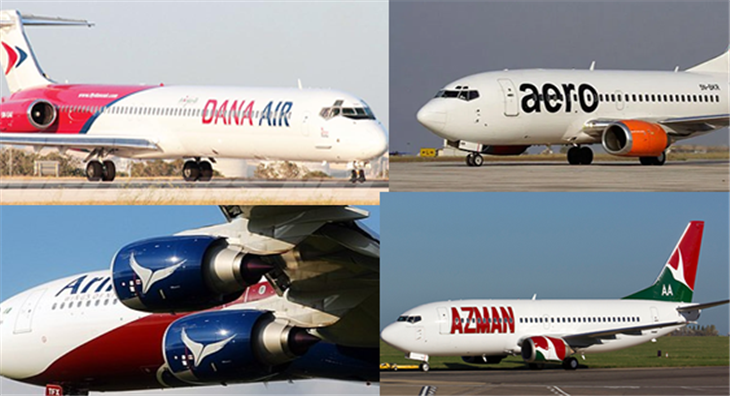
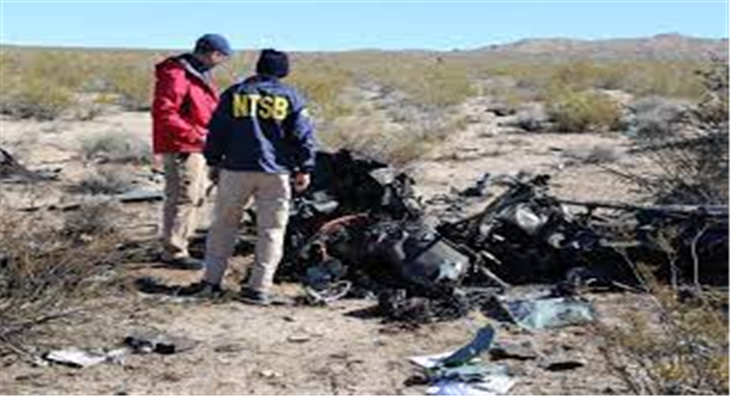
.png)



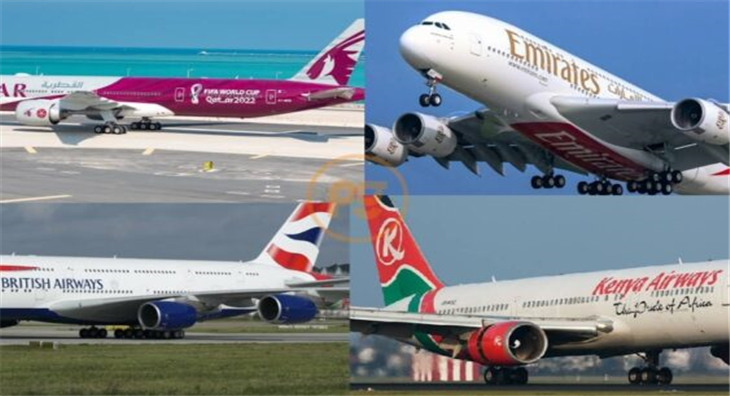
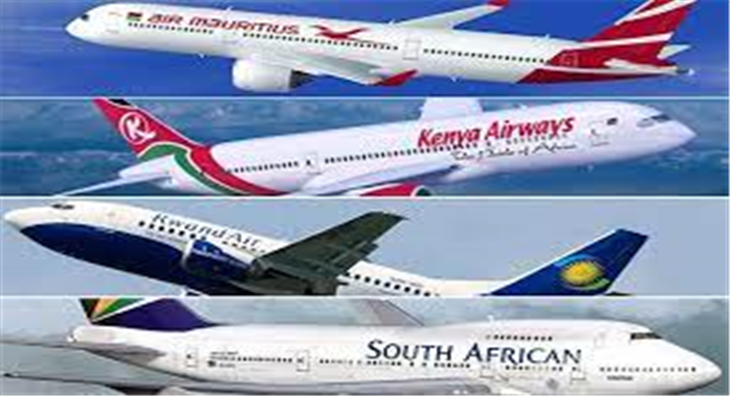
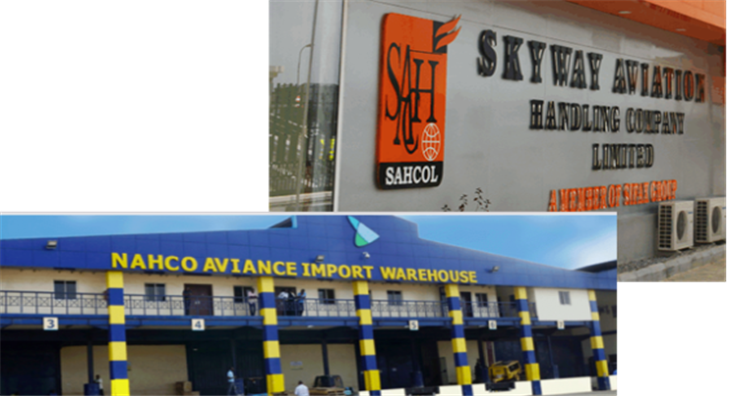
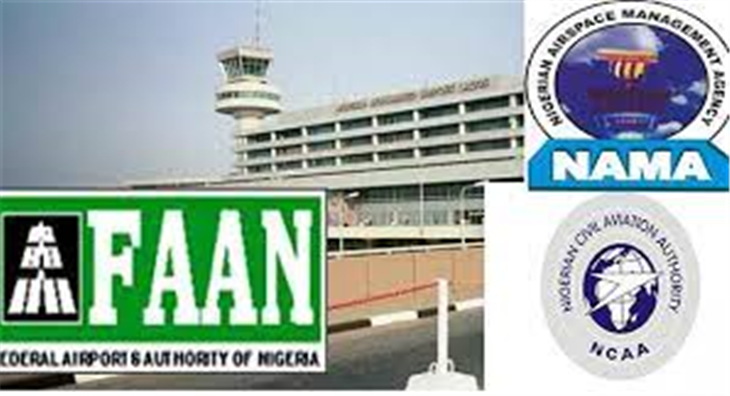



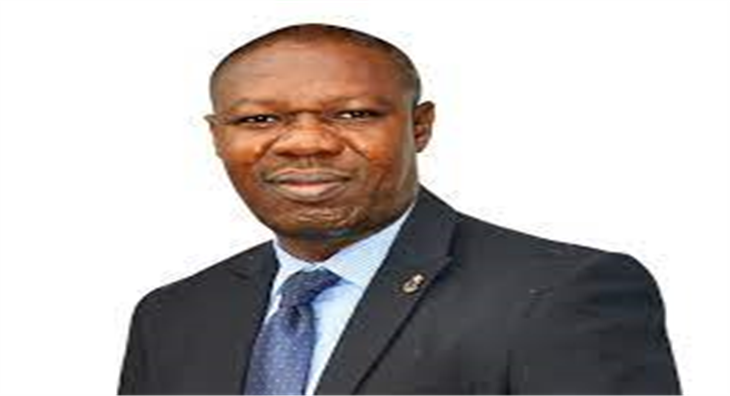

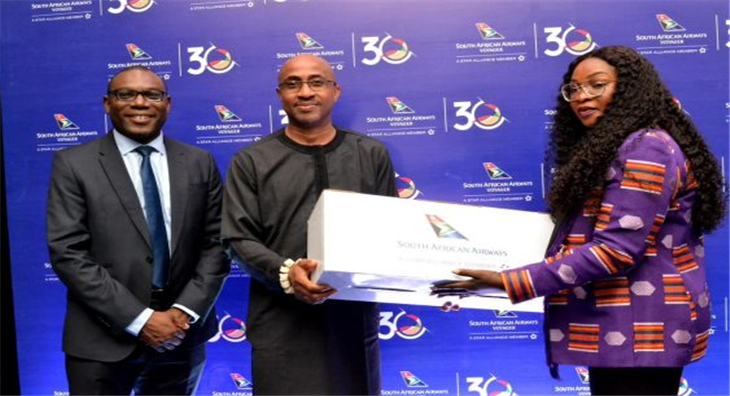


.jpg)
.jpg)
